Shimano Deore XT M8100 and SLX M7100 see 12-speed technology trickled down from the XTR M9100 groupset
In a move that will surprise literally nobody, Shimano has just revealed its brand new 12 speed Deore XT M8100 groupset – almost exactly one year after XTR M9100 was launched. This is standard protocol for the Japanese brand, which typically rolls out its new designs at the top, and then trickles them down each year after, starting with XTR, then Deore XT, then SLX, Deore and so on.
What has caught us a bit off guard though is that Big Blue is also launching a new SLX M7100 groupset at the same time.
From first glance, you’ll see the new components share very little in common with the previous 11-speed iterations. Instead, both draw heavily upon the latest XTR 12-speed groupset in both functionality and aesthetics.
Micro Spline Update
Before going into the full details of each groupset, it’s worth a brief update on Shimano’s proprietary freehub standard; Micro Spline.
Unveiled last year with XTR M9100, Micro Spline is essentially a smaller diameter freehub body with 21 splines that are designed to interlock with corresponding grooves inside the body of the cassette. The smaller diameter is required to accommodate the 10t small cog (compared to the 11t small cog on previous cassettes).
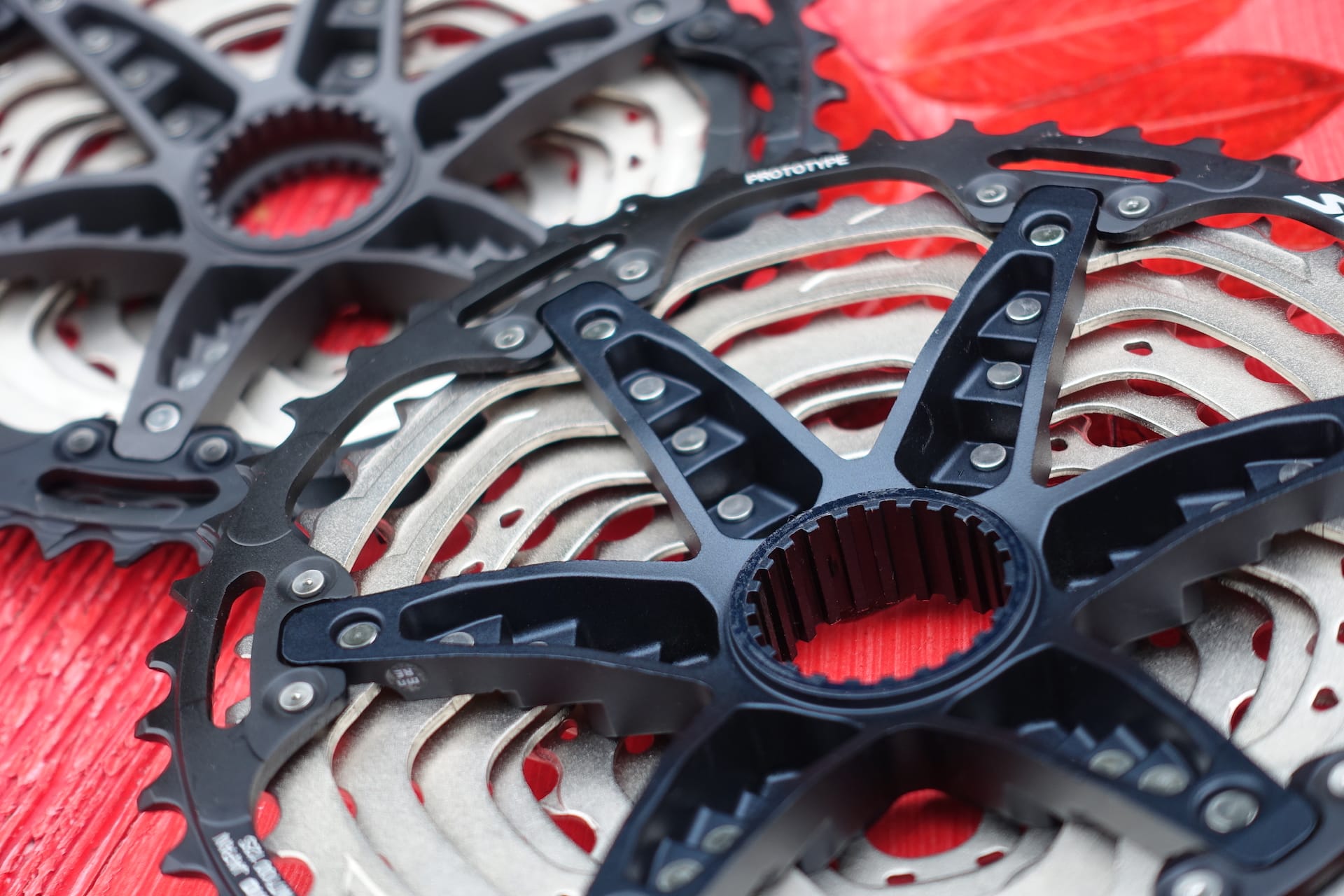
As expected, the new XT and SLX drivetrains will also utilise the Micro Spline standard for their respective cassettes, hubs and complete wheels.
Unlike SRAM’s XD freehub though, Micro Spline is not an open standard. And up until this point in time, Shimano has only granted DT Swiss a license to use the design. That’s useful given that DT manufacturers wheels and hubs for a lot of brands, but it’s still a significant bone of contention for many riders who want to be able to use their preferred hubs with Shimano’s 12-speed drivetrains.
During the launch, we asked Shimano whether more hub brands will be offering Micro Spline compatible freehub bodies in the future. Industry Nine recently joined the party, and we can now tell you that Mavic and Newmen are also on board too. Shimano hinted that “additional hub brands using the Micro Spline freehub body will be announced in the coming season.” So stay tuned for an update there.
XT And SLX Get A Super Boost
While not a particularly sexy headline for the new XT & SLX groupsets, the announcement that Shimano will be making both cranksets and hubs designed for the new-school Super Boost standard (that’s a 157x12mm hub combined with an even wider 56.6mm chainline) is surely big news for the bike companies who have adopted the standard, including Pivot Cycles and Knolly Bikes.
Generally Shimano doesn’t get behind new industry standards unless there’s sufficient OEM demand from bike manufacturers who are designing future product around said standard. Are we going to see more brands go to Super Boost spacing? Given Shimano’s investment into specific cranks and hubs for it, we’d say it’s very likely.
Got no idea what Super Boost is? Check out this review of the Pivot Trail 429 for a detailed explanation.
12-Speed Shimano Deore XT M8100 Groupset Highlights
Following in the footsteps of XTR M9100, XT bumps up a gear to 12-speed, with both 1×12 and 2×12 drivetrain options available. The Hollowtech II cranks now utilise direct-mount chainrings, with single and double options available.
Depending on the range you’re after, there will be two 12-speed cassettes built around the new Micro Spline freehub spline; a 10-45T and a 10-51T ratio. While both cassettes will work in a 1×12 drivetrain, the 2×12 setup will only work with the 10-45T cassette.
There are two-piston and four-piston hydraulic disc brakes, which share a brand new lever design that draws on the same angled profile as the current XTR model. The two-piston calliper carries over from the M8000 brake, but the 4-piston calliper is all new.
In total, the Deore XT groupset adds around 365g in weight over the pricier XTR version.
The price varies depending on what options you choose, but a 1×12 drivetrain will start at £535, which puts it at nearly half the price of an equivalent XTR 1×12 drivetrain at £1,035.
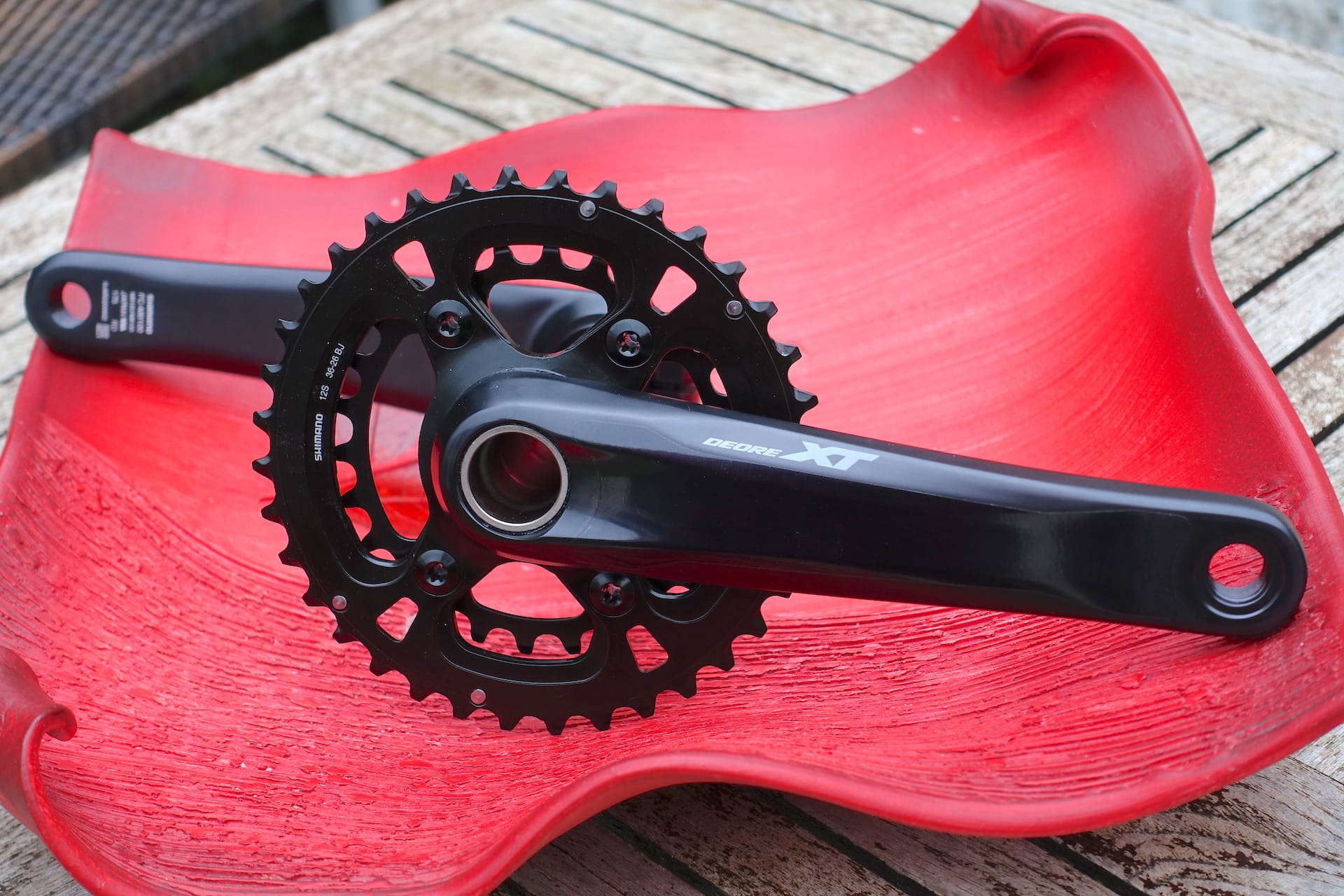
Shimano Deore XT M8100 Cranks
Continuing on with forged and hollow alloy crank arms, the XT crankset now features direct-mount chainrings. In the 1x crank, you can get a itty-bitty 28T chainring, but 36T is the biggest option (XTR is 30-38T). The cranks come in three chainline offsets to suit different rear hub spacings, with Q-Factor changing accordingly.
One thing to note is that compared to XTR, the Q-Factor is considerably wider with the XT cranks. Whereas XTR offers narrow 162mm & 168mm Q-Factor widths, XT starts at 172mm and goes up to a very broad 181mm.
- Hollowtech II alloy crank arms
- 24mm steel spindle
- Direct mount steel chainrings w/Dynamic Chain Engagement+ tooth profile
- 1x chainring sizes: 28, 30, 32, 34 & 36T
- Chainline options: 52mm (Boost & non-Boost), 55mm (Boost), 56.5mm (Super Boost Plus)
- Q-Factor: 172, 178 & 181mm
- Crank arm lengths: 165, 170, 175, 180mm
- Also available as a 2x crankset with 36/26T chainring combo w/Boost and non-Boost offsets
- Claimed weight: 620-636g (175mm arms w/32T chainring and w/out BB)
- RRP: £139.99 (cranks) + £59.99 (chainring)
Shimano Deore XT M8100 Cassette
Skipping the titanium cogs of the XTR 12-speed cassette, the XT version uses steel for the smallest 10 sprockets, and alloy for the two biggest. This sees weight jumping up nearly 100g over the 10-51t XTR cassette (367g).
- Hollow alloy central spider w/10 smaller steel sprockets and 2 alloy sprockets
- Options: 10-45 & 10-51T
- Ratio (10-45t): 10-12-14-16-18-21-24-28-32-36-40-45
- Ratio (10-51t): 10-12-14-16-18-21-24-28-33-39-45-51
- Hyperglide+ tooth profiling
- Micro Spline freehub fitting
- Claimed weight: 461-470g
- RRP: £139.99
Shimano Deore XT M8100 Rear Derailleur
There are two XT rear mechs available – a 1×12 option (optimised for the 10-51t cassette), and a 2×12 option (optimised for the 10-45t cassette).
There are a few less exotic materials in the construction, so you skip the carbon jockey wheel cage, but the overall architecture is basically identical to XTR. The XT mech also gets the Shadow+ friction clutch for damping chain slap.
- Shadow Plus externally adjustable one-way friction clutch
- Integrated rubber bump stop to minimise chain contact in 10t cog
- 13T pulley wheels w/sealed cartridge bearings
- Available in two options for 1×12 (M8100) and 2×12 (M8120) drivetrains
- Claimed weight: 284-290g
- RRP: £99.99
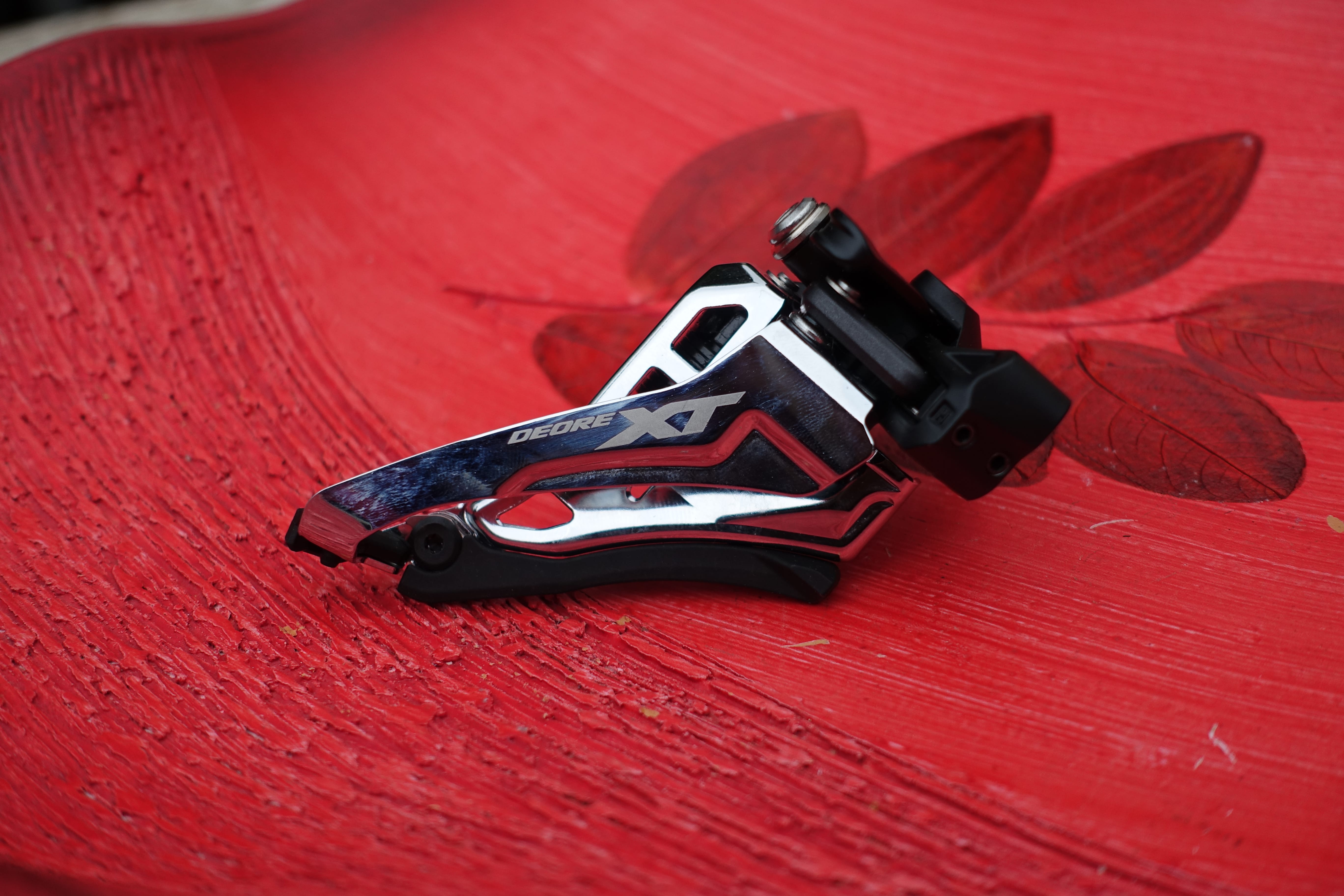
Shimano Deore XT M8100 Front Derailleur
We’re not entirely sure how popular these things will be, but for those wanting a 2×12 drivetrain, there are three front mechs coming from Shimano to work specifically with the 36/26T double chainset. Of note is that each mech can be set for two different chainlines – Boost and non-Boost.
- Single derailleur will accommodate Boost and non-Boost chainlines
- Available in D-Type, E-Type & M-Type mount options
- Claimed weight: 106-135g
- RRP: £39.99
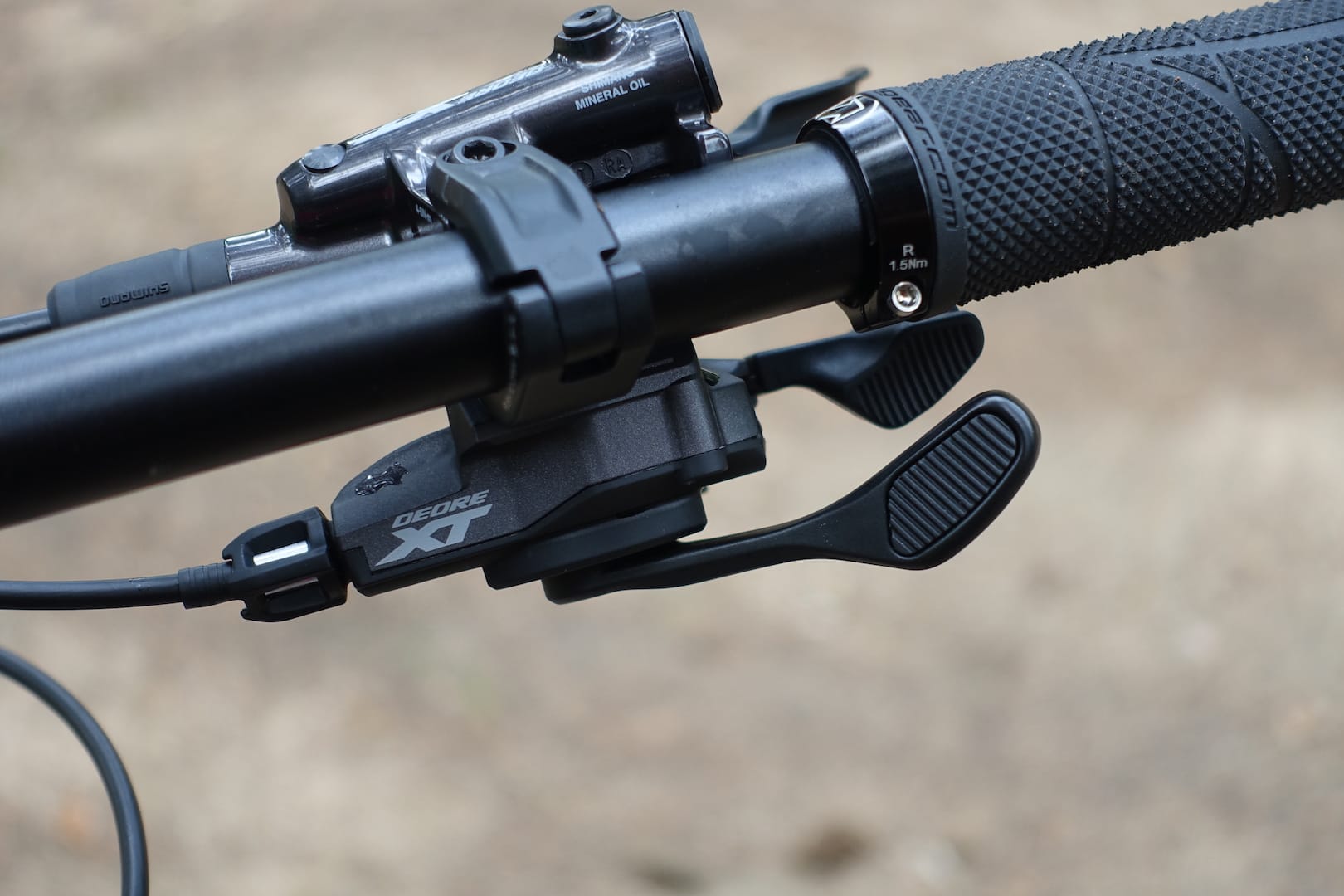
Shimano Deore XT M8100 Shifter
Thankfully the XT right hand shifter carries over the multi-release shifting of the XTR unit, so you can punch through two gears on the upshift, and up to four on the downshift.
The large paddle gets the same rubber texturing, and the I-SPEC EV mount allows you to direct mount the shifter to the new XT brake lever. The range of angular adjustment is a little less than XTR though.
- Rubber padding on shift paddles
- Multi-release shifting on right hand lever
- Instant Release cable-pull
- Left Mono Lever shifter available for 2×12 drivetrains
- I-SPEC EV mount offers 14mm of lateral and 20° of rotational adjustment
- Also available in standard band clamp mount
- Claimed weight: 73-120g
- RRP: £54.99
Shimano Deore XT M8100 Chain
The narrower 12-speed chain features extended and bevelled inner plates that are designed to mesh snugly with the new chainrings. The XT version skips the whizz-bang coating of the XTR chain, but more importantly, it comes with a Quick Link. Hallelujah.
- Extended inner plate for improved chainring retention
- Chromized roller link plates
- Includes tool-free Quick Link
- Claimed weight: 252g
- RRP: £39.99
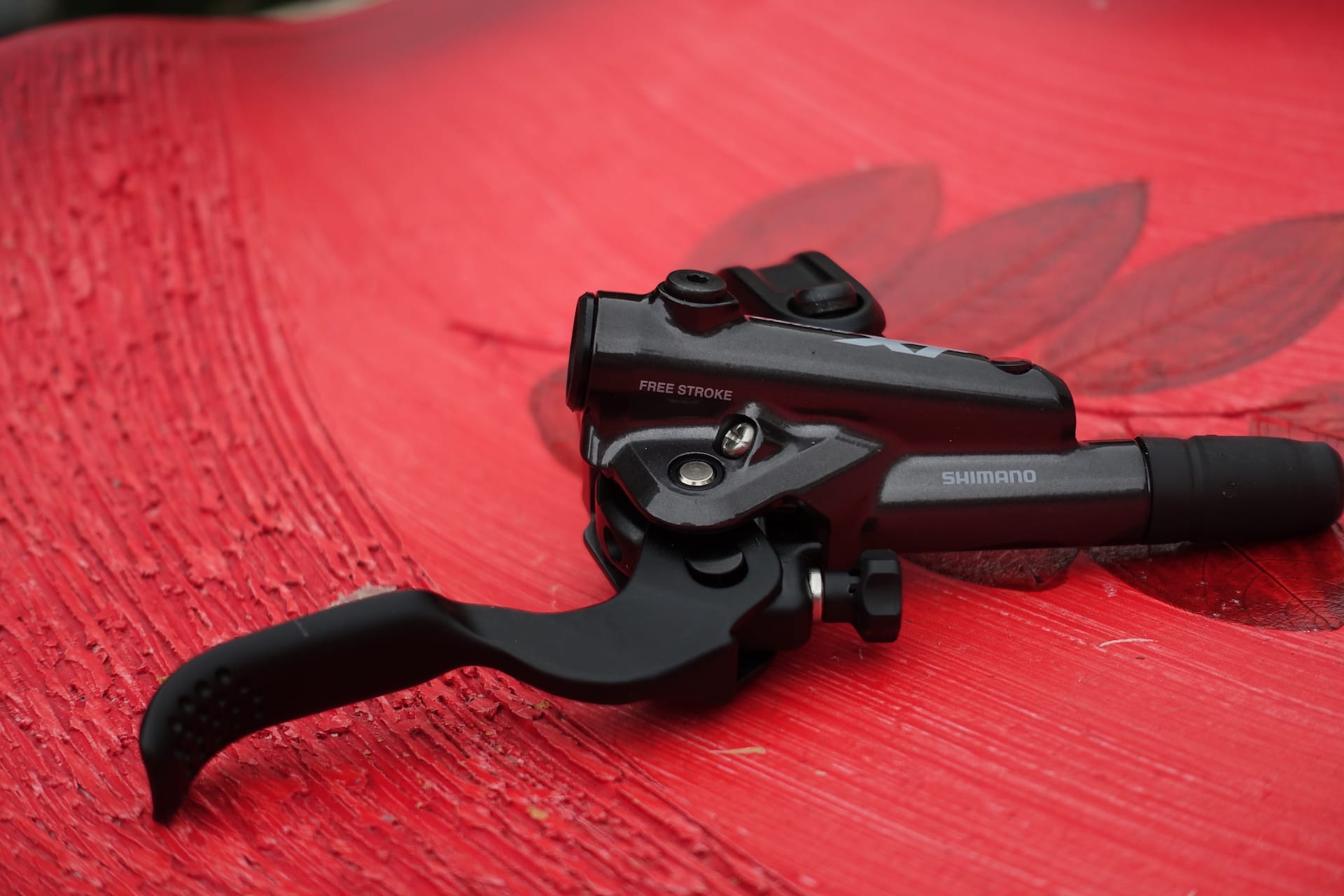
Shimano Deore XT M8100 Brakes
Brand new brake levers mirror the design for XTR, and come loaded with the Servo Wave linkage and tool-free reach adjustment. At the calliper end, the two-piston version carries over from the previous XT M8000 brakes, so the pads remain the same.
However, the four-piston version changes from the current M8020 calliper to a new M8120 calliper that gets a reworked body and finned pads like the latest XTR enduro stoppers. This design means that the Saint/Zee pads are not compatible.
- Two options: M8100 Race (2-piston) and M8120 Enduro (4-piston)
- New M8100 brake lever w/angled profile and additional handlebar brace
- Levers feature Servo Wave technology, Free Stroke & tool-free reach adjustment
- 2-piston calliper remains the same as previous M8000 brakes
- 4-piston calliper based on XTR M9100 4-piston brake calliper design
- New Deore XT MT800 Ice Technologies Freeza rotors w/extended central heat fins
- Rotor sizes: 140, 160, 180, 203mm
- Claimed weight: 392g per end (Race brake w/160mm rotor), 410g per end (Enduro brakeset w/160mm rotor)
- Brake RRP: £129.99 per end (Race), £169.99 per end (Enduro)
- Rotor RRP: £44.99 – £54.99
Shimano Deore XT M8100 Wheels & Hubs
Whereas XTR only offered up standalone hubs, XT will be offering complete wheels too. These wheels split into Race and Enduro versions, which are both built around the same thru-axle hubs with a Micro Spline freehub body.
The Race model is designed for tyres up to 2.35in wide with a 24mm internal rim width. The box-section alloy rims have a solid rim bed, which means you won’t need tubeless tape. The Enduro model also gets alloy rims, but these are drilled and require rim tape. Both rear wheels feature a dish-less design, with equal spoke lengths on both drive and non-drive sides.
- Two options: M8100 (Race) & M8120 (Enduro)
- Tubeless compatible alloy rims
- Internal rim width: 24mm (Race), 30mm (Enduro)
- Max tyre width: 2.35in (Race), 2.6in (Enduro)
- Available in 27.5in and 29in diameters
- Spokes: 28x double butted straight-pull (Race), J-bend (Enduro)
- Hub widths: 100/110mm front, 142/148/157mm rear
- Centrelock hub splines
- Micro Spline freehub body
- Helical ratchet mechanism w/7° engagement
- Claimed weight: 1764-1840g (Race), 1846-1932g (Enduro)
- Hub RRP: £54.99 – £109.99
- Wheel RRP: £TBC
12-Speed Shimano SLX M7100 Groupset Highlights
Functionally, the SLX groupset follows both XT and XTR very closely. With some material changes there’s a bit more mass – 148g more than the XT groupset, and over half a kilo compared to XTR.
There are still two and four-piston brakes to choose from, along with 1×12 and 2×12 drivetrains, but there’s a few less chainring sizes on offer. The right hand trigger shifter ditches the multi-release function for the upshift paddle, and it also misses out on the rubber texture.
Overall it gets a more utilitarian look, but for those who are less concerned by the glitz and glamour of XTR, this looks like a bomber groupset for presumably a lot less cash. Speaking of, an SLX 1×12 drivetrain will kick off at £375, which puts it at nearly 1/3rd of the price of XTR.
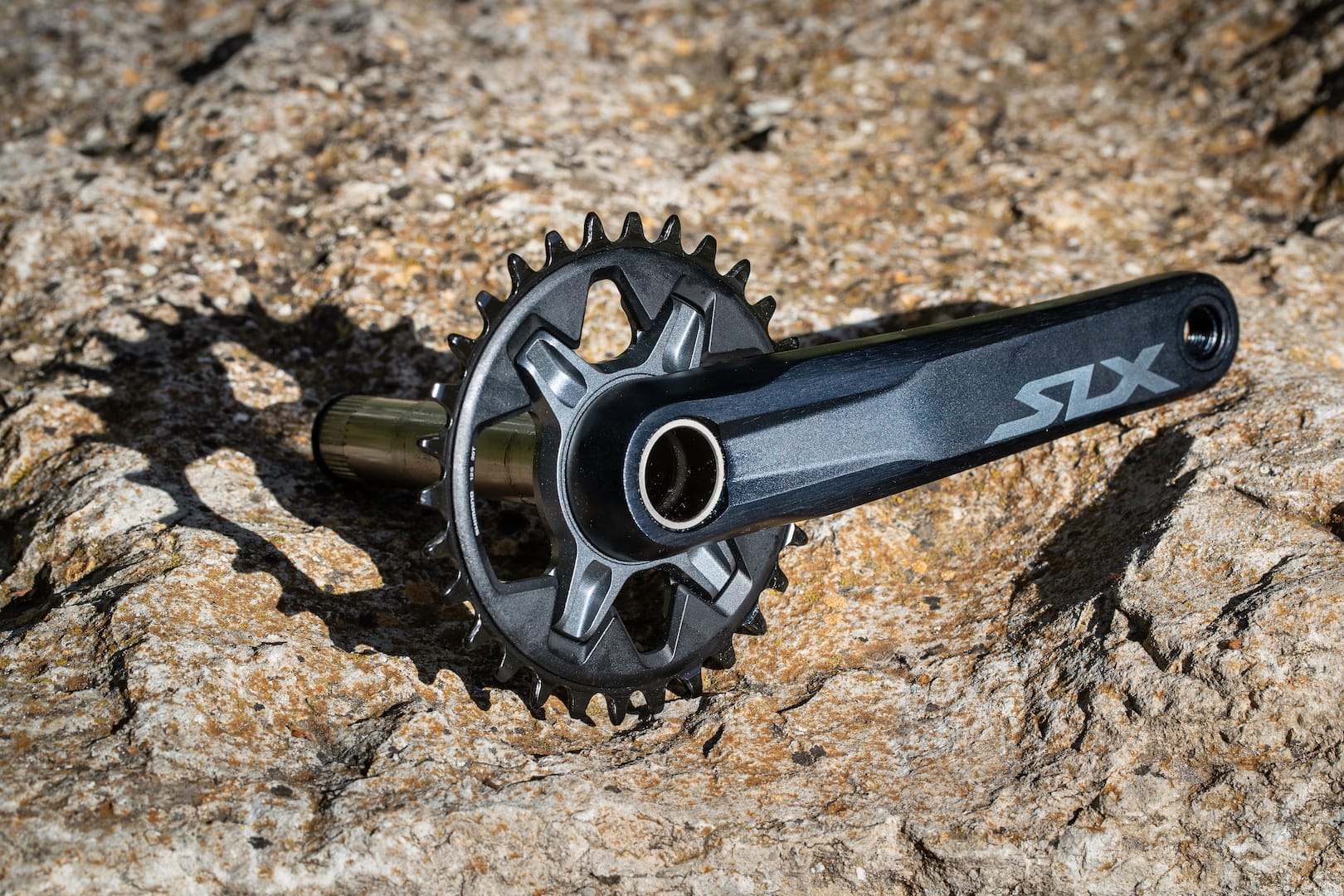
Shimano SLX M7100 Cranks
Compared to XT, there’s a very minimal weight increase on the SLX crankset, which still gets hollow arms and a steel 24mm spindle. Direct mount 1x chainrings get Dynamic Chain Engagement+ tech, which is a narrow-wide tooth profile designed to interlock with the new SLX 12-speed chain for secure chain retention.
- Hollowtech II alloy crank arms
- 24mm steel spindle
- Direct mount steel chainrings w/Dynamic Chain Engagement+ tooth profile
- 1x chainring sizes: 30, 32 & 34t
- Chainline options: 52mm (Boost & non-Boost), 55mm (Boost), 56.5mm (Super Boost Plus)
- Q-Factor: 172, 178 & 181mm
- Crank arm lengths: 165, 170, 175, 180mm
- Also available as a 2x crankset with 36/26t chainring combo w/Boost & non-Boost offsets
- Claimed weight: 631-656g (175mm arms w/32t chainring and w/out BB)
- RRP: £99.99 (cranks) + £34.99 (chainring)
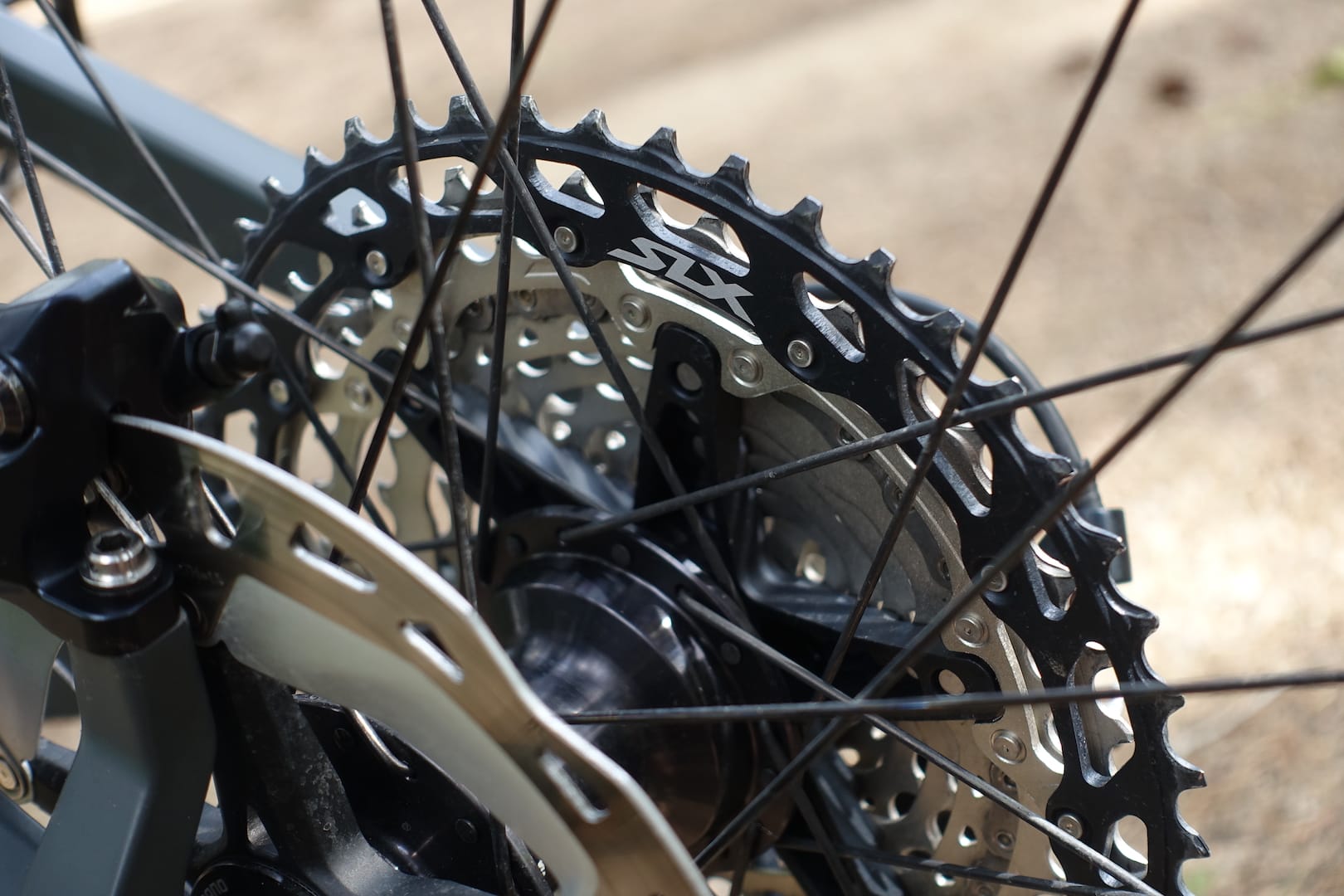
Shimano SLX M7100 Cassette
With one alloy sprocket fewer (and a heavier steel one in its place), the SLX cassette jumps up in weight over the XT model by 64g for the 10-51t ratio. This is also due to the alloy spider, which isn’t quite as hollowed out as the XT version.
The spacing and Micro Spline system is identical though, which offers options for mixing and matching XTR, XT and SLX drivetrain components – something we’re likely to see on complete bikes for the 2020 model year.
- Alloy central spider w/11 smaller steel sprockets and one alloy sprocket
- Options: 10-45 & 10-51T
- Ratio (10-45t): 10-12-14-16-18-21-24-28-32-36-40-45
- Ratio (10-51t): 10-12-14-16-18-21-24-28-33-39-45-51
- Hyperglide+ tooth profiling
- Micro Spline freehub fitting
- Claimed weight: 513-534g
- RRP: £99.99
Shimano SLX M7100 Rear Derailleur
A few more grams are added onto the SLX derailleur, though its design follows XT very closely with big 13t pulley wheels and the Shadow Plus friction clutch for keeping the chain bounce-free. The clutch is still adjustable, but unlike XT you’ll have to remove the plastic case to access that function.
- Shadow Plus adjustable one-way friction clutch
- Integrated rubber bump stopper
- 13T pulley wheels w/bushing pivots
- Available in two options for 1×12 (M7100) and 2×12 (M7120) drivetrains
- Claimed weight: 316-322g
- RRP: £74.99
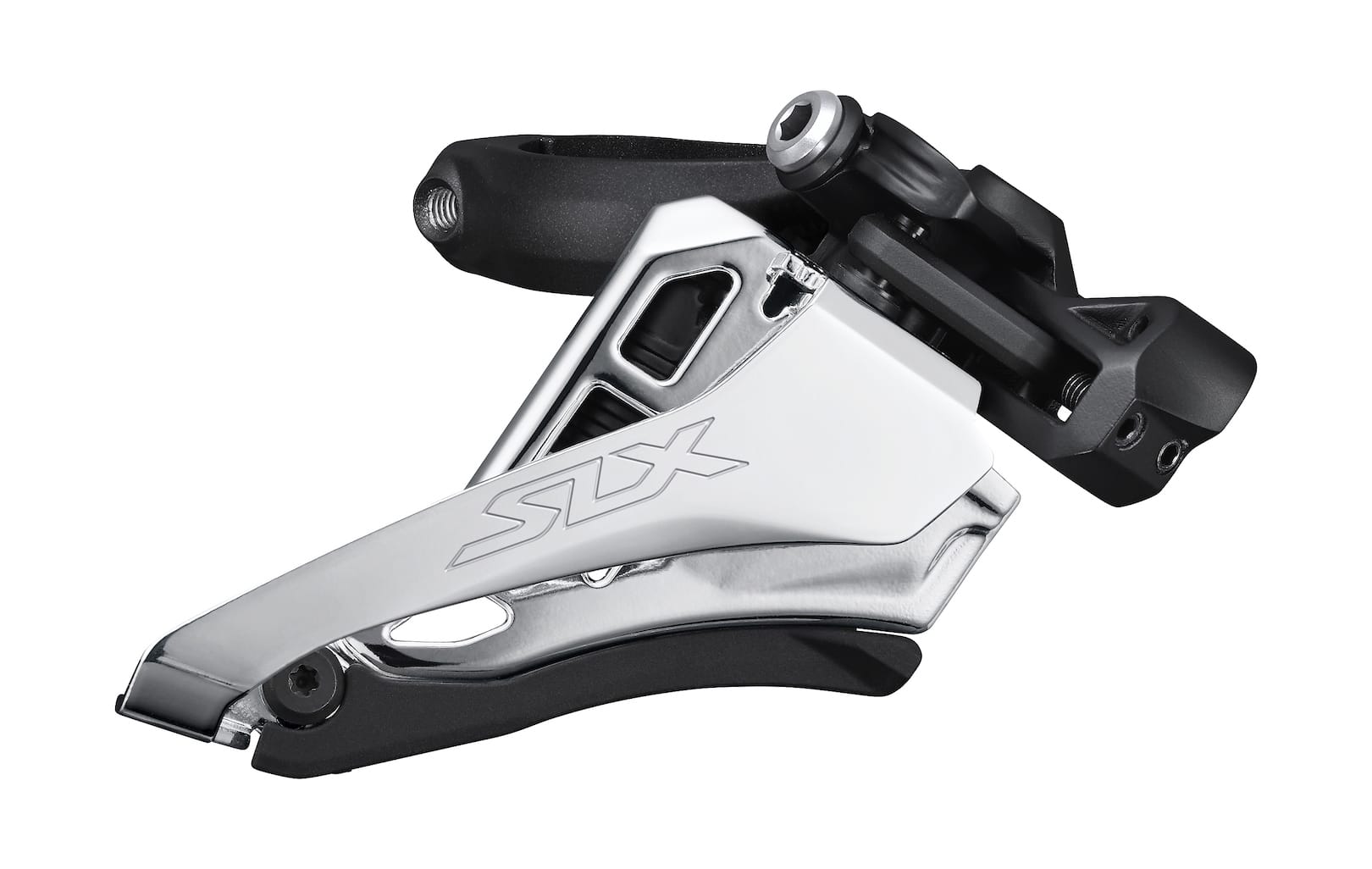
Shimano SLX M7100 Front Derailleur
Yes, there’s a front mech here too.
- Single derailleur will accommodate Boost and non-Boost chainring offsets
- Available in D-Type, E-Type & M-Type mount options
- Claimed weight: 114-166g
- RRP: £29.99
Shimano SLX M7100 Shifter
Like XT and XTR, the SLX shifter can be had in a standard band clamp, or in a direct-mount I-SPEC EV option that bolts it directly to the new generation brake lever. This provides both lateral and angular adjustment.
To save on complexity and cost, the SLX shifter doesn’t get the multi-release shift on the up-shift paddle, and there’s no rubber texture either, though it is textured for grip.
- Left Mono Lever shifter available for 2×12 drivetrains
- Side and rotational adjustment
- Available in both ISPEC-EV and standard band clamp mounting options
- Claimed weight: 73-121g
- RRP: £34.99
Shimano SLX M7100 Chain
It’s a 12-speed chain with a less fancy coating than the XT/XTR chains. Weight is identical between all three chains though.
- Extended inner plate for improved chainring retention
- SIL-TEC roller link plates
- Includes tool-free Quick Link
- Claimed weight: 252g
- RRP: £29.99
Shimano SLX M7100 Brakes
Reducing cost and complexity, the SLX brake lever skips the Free Stroke adjustment. But it still uses the same mid-mount clamp that is I-SPEC EV compatible, and sees the body bracing against the bar for improved stiffness. You still get tool-free reach adjustment, and there are two-piston (Race) and four-piston (Enduro) calliper options available.
- Two options: M7100 Race (two-piston) and M7120 Enduro (four-piston)
- New M7100 brake lever w/angled profile and additional handlebar brace
- Levers feature Servo Wave technology & tool-free reach adjustment
- 2-piston calliper remains the same as previous M7000 brakes
- 4-piston calliper based on XTR M9100 4-piston brake calliper design
- New SLX-level RT70 Ice Technologies rotors w/sandwiched alloy core
- Rotor sizes: 140, 160, 180, 203mm
- Claimed weight: 425g per end (Race brake w/160mm rotor), 444g per end (Enduro brakeset w/160mm rotor)
- Brake RRP: £99.99 per end (Race), £149.99 per end (Enduro)
- Rotor RRP: £27.99 – £39.99
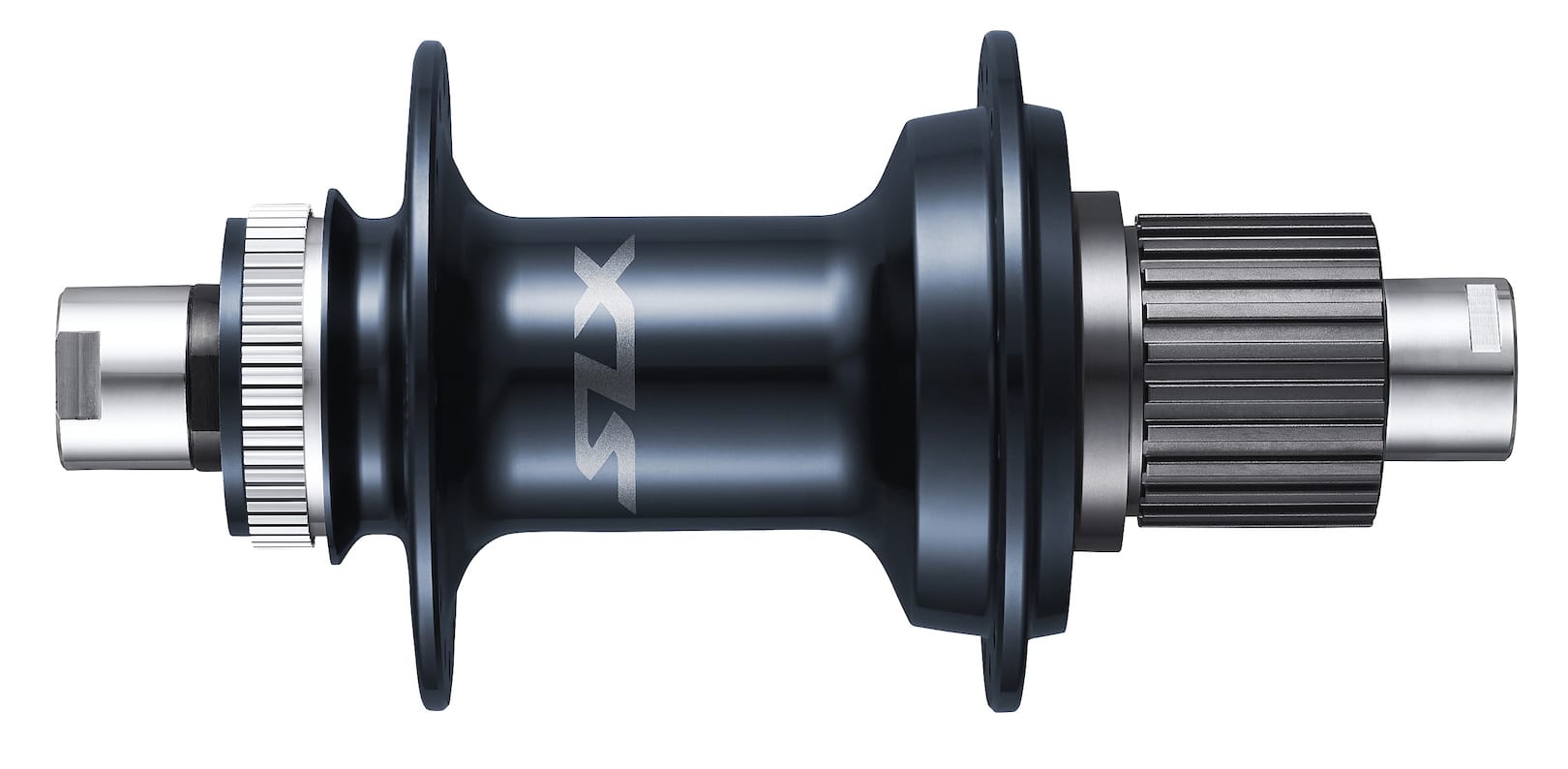
Shimano SLX M7100 Hubs
No complete wheels for SLX, but there are SLX-level hubs that run on Shimano’s classic cup and cone bearing system. The Micro Spline freehub is also present, which is necessary to accommodate the new cassettes and the smaller 10t cog.
- Forged alloy hubshells w/serviceable cup & cone bearing system
- Hub widths: 100/110mm front, 142/148/157mm rear
- Centrelock hub splines
- Micro Spline freehub body
- Helical ratchet mechanism w/7° engagement
- Claimed weight: 142-147g (front), 350-359g (rear)
- RRP: £42.99 – £89.99
What About Di2?
During the launch more than a few journalists queried the Shimano team about Di2, and whether we’re likely to see electronic shifting from Shimano at an XTR or XT level in the near future. The response was a wry smile, along with very limited info as to the ‘what, when and why’.
There was a clear acknowledgement that Shimano is indeed working on Di2 for both XTR and XT though, but that it wants to bring something really unique to the equation, rather than just electrified shifting. My guess is that they’re working on a broader system. Given Shimano’s relationship with Fox Racing Shox, perhaps we could see some sort of integration with Live Valve?
Conjecture aside, here’s the official line from Shimano;
“Our first focus for developing our mountain bike platforms was on mechanical shifting, electronic shifting needs a mechanical platform. Our Di2 technology is highly accepted in the cycling world so it is a logical step to make a Di2 version of the XT M8100 group (and XTR M9100 group) in future.“
The Verdict
So, what do you folks think of the new Deore XT M8100 and SLX M1700 12-speed groupsets? Is it welcome trickle-down tech from XTR? Or not quite what you were hoping for?
For us here at Singletrack, we’re pretty excited about the double-groupset announcement, particularly given the hefty delays that have occurred with getting XTR to market. Shimano has optimistically stated that the new XT groupset will become publicly available by the middle of June, with SLX following in July. We’ll believe it when we see it though…
The fact that Shimano is releasing two groupsets simultaneously is also likely a direct response to SRAM’s current domination of the mountain bike drivetrain market. The American brand currently has no fewer than five mechanical 1×12 Eagle drivetrains available, and there’s also that wireless electronic drivetrain too.
Shimano still has some catching up to do. But if it can deliver on 12-speed XT and SLX, then things will definitely be heading in the right direction.
Disclaimer
Wil’s flights and accommodation for the XT/SLX launch were covered by Shimano

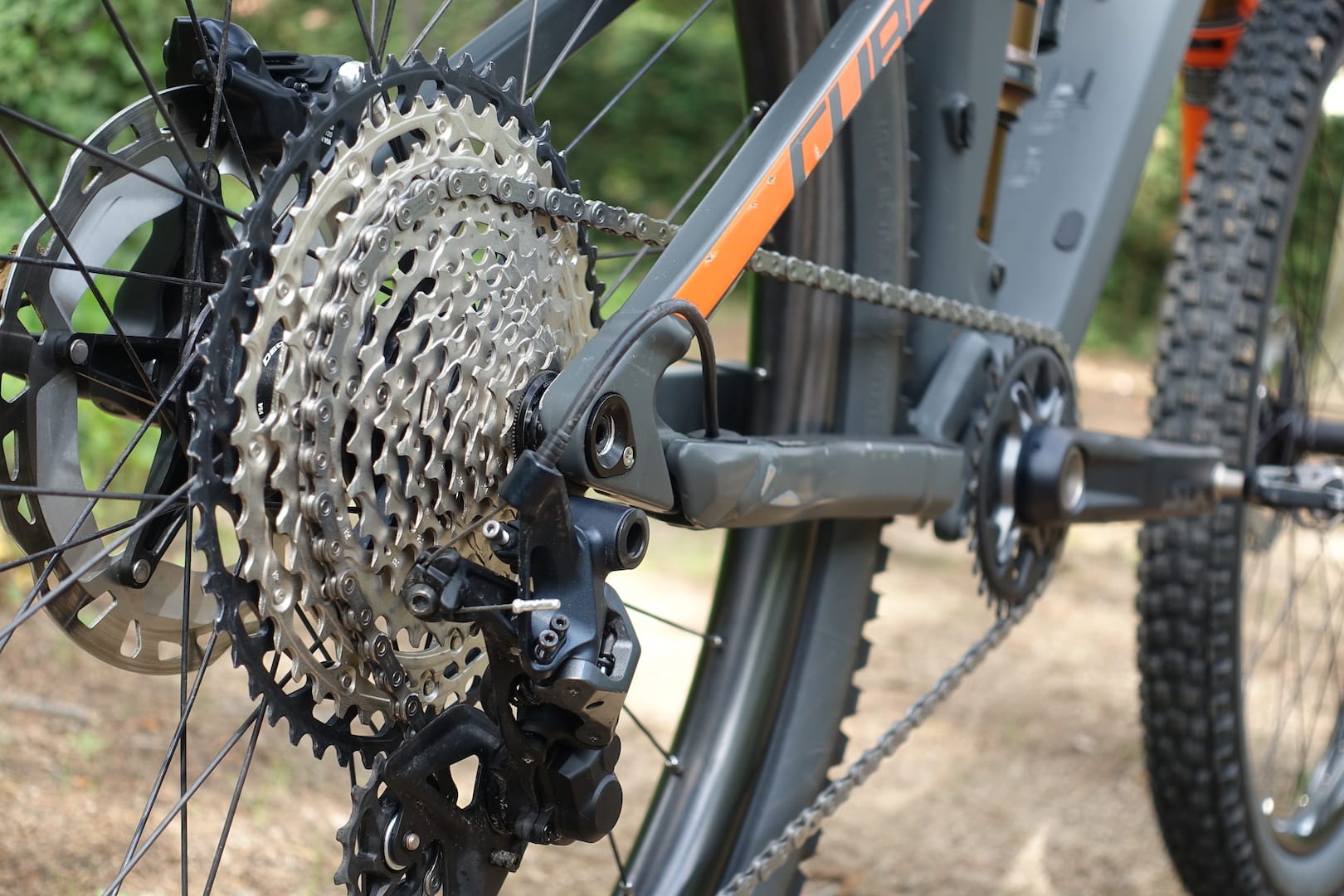
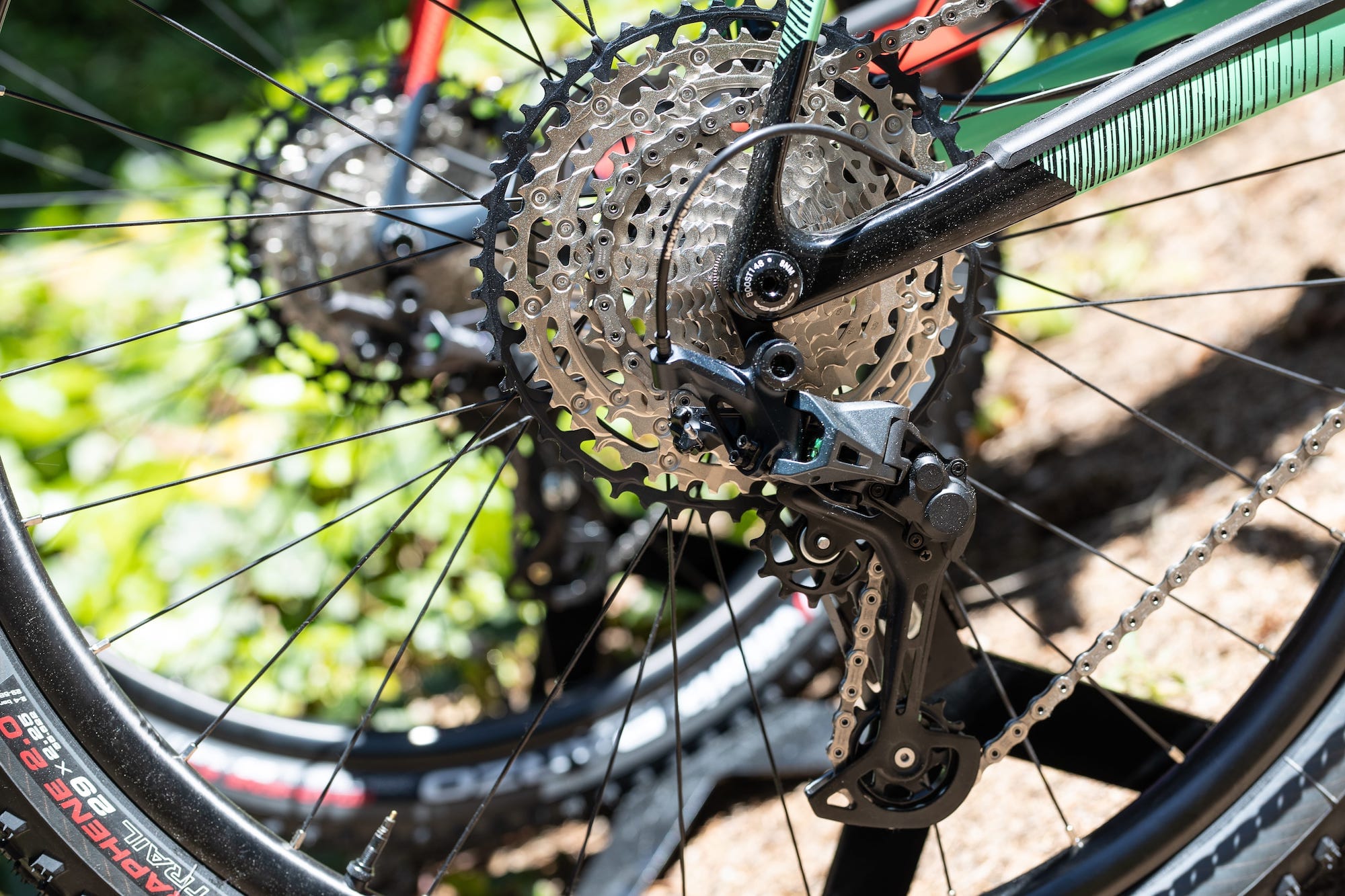

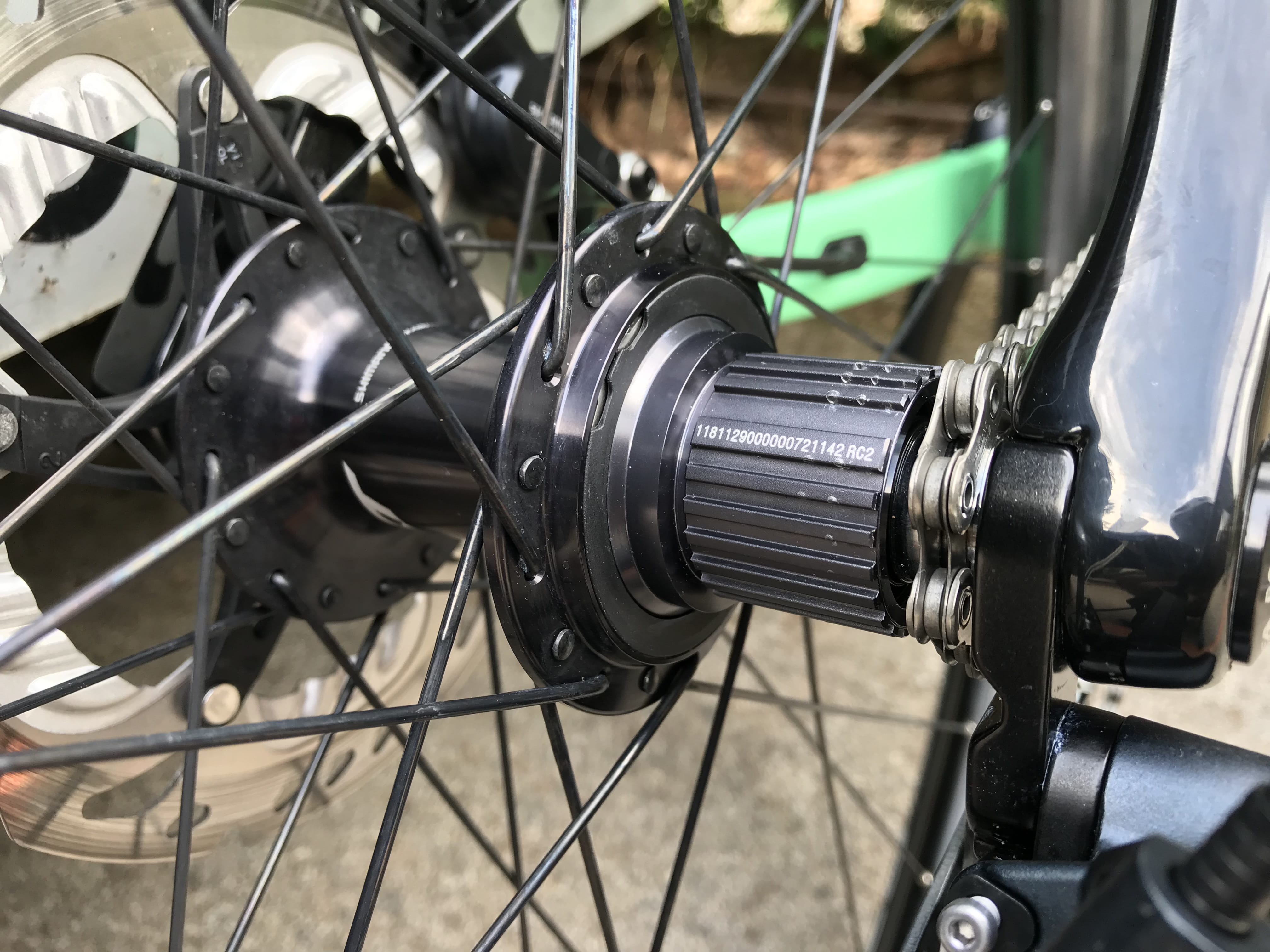
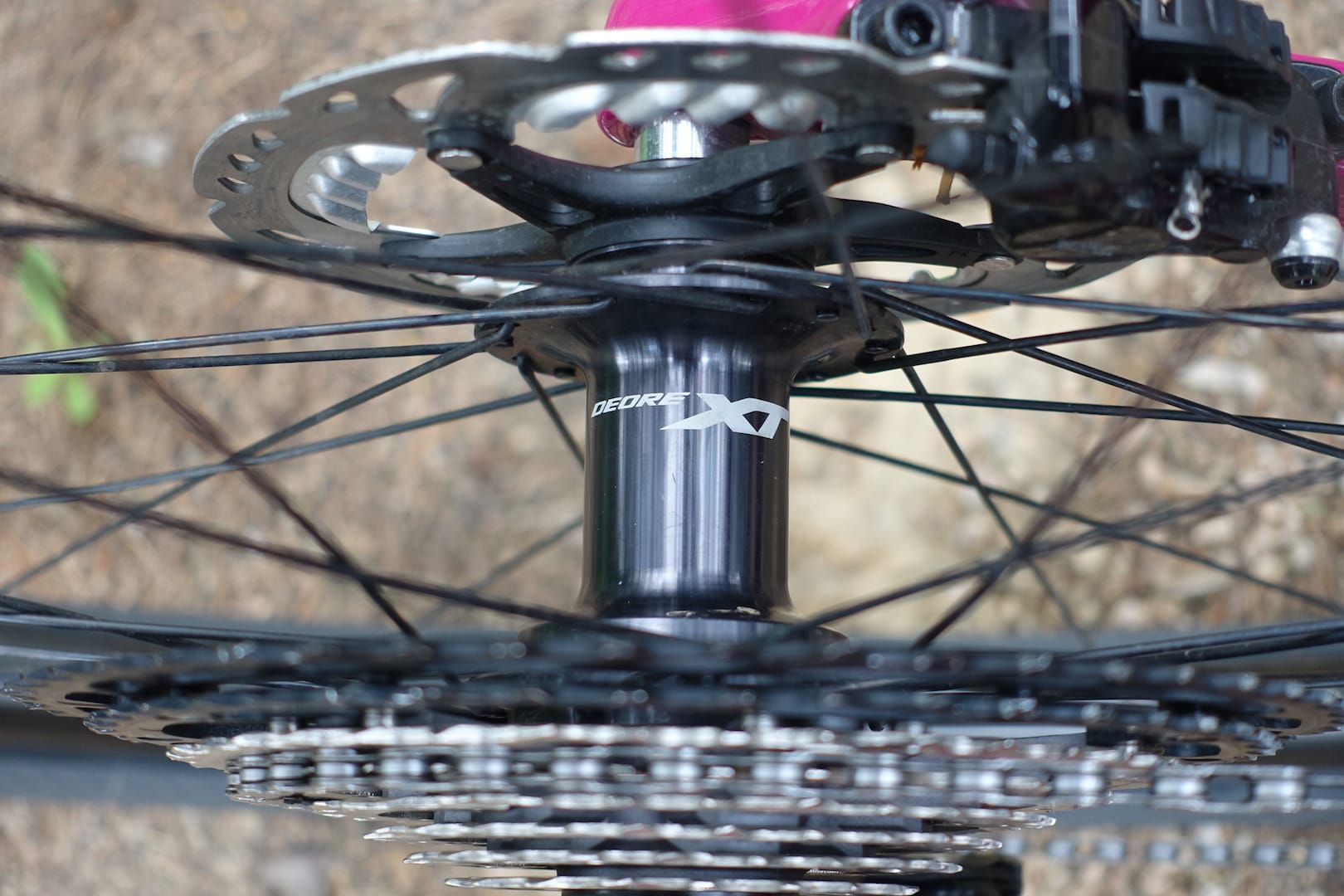
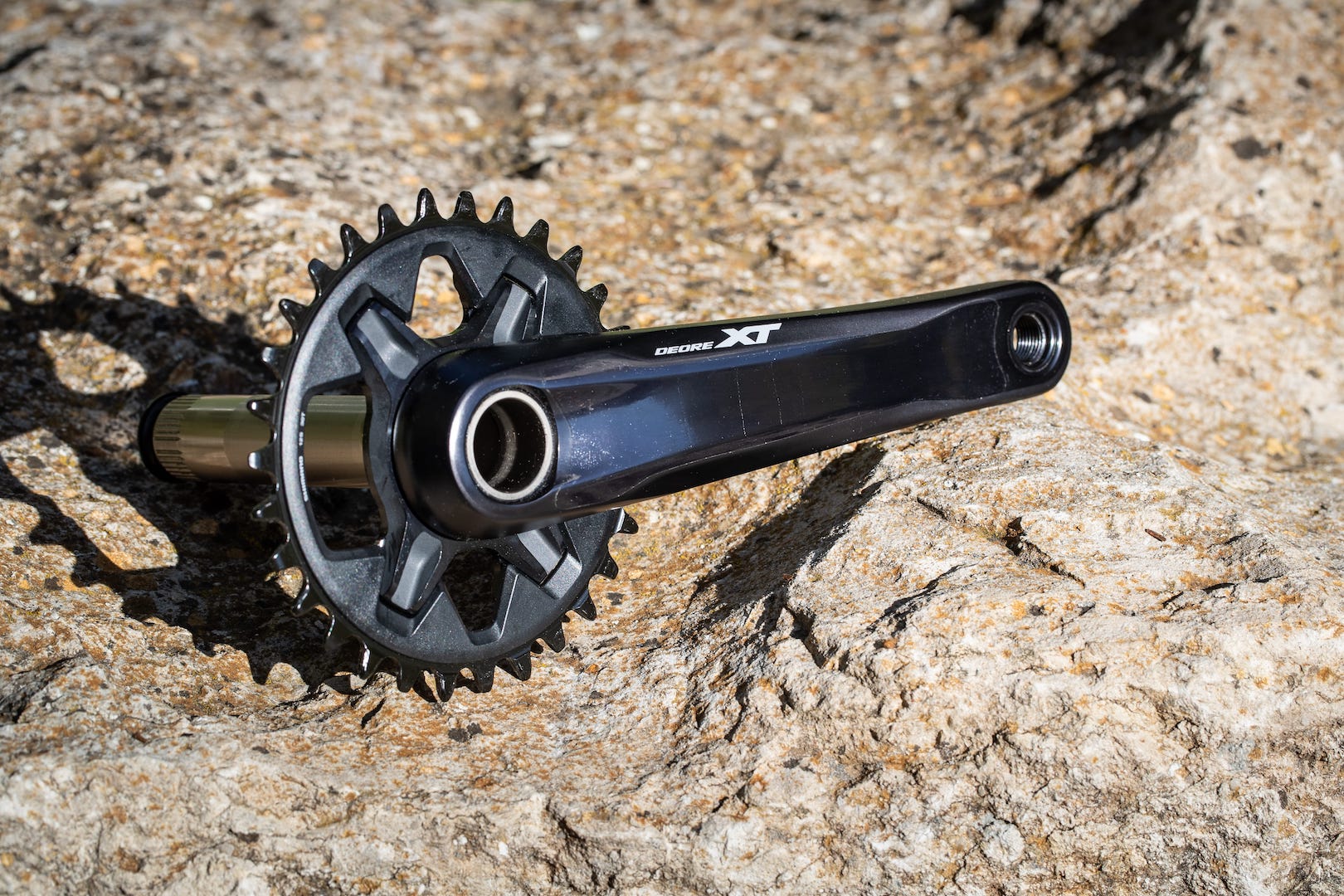
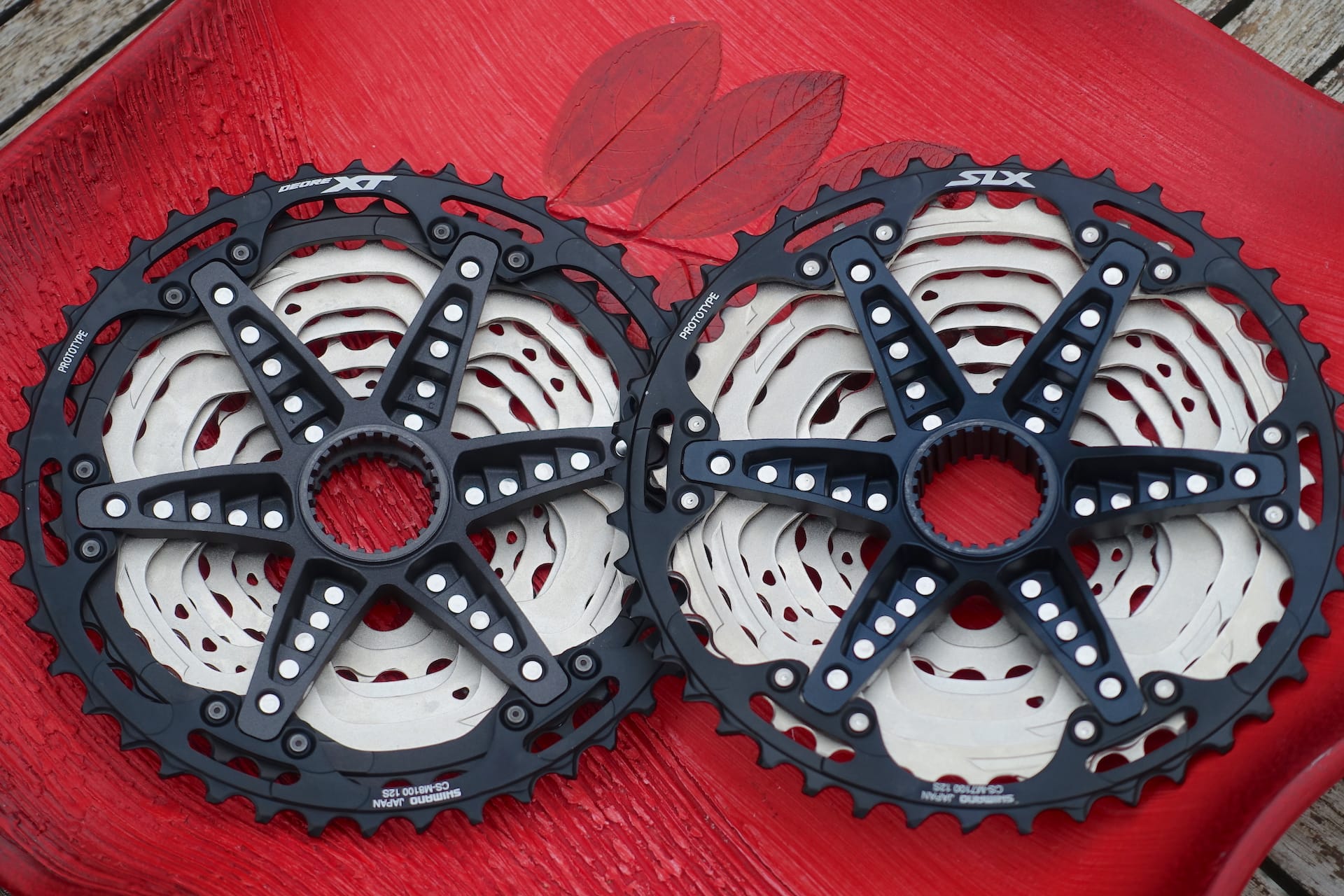
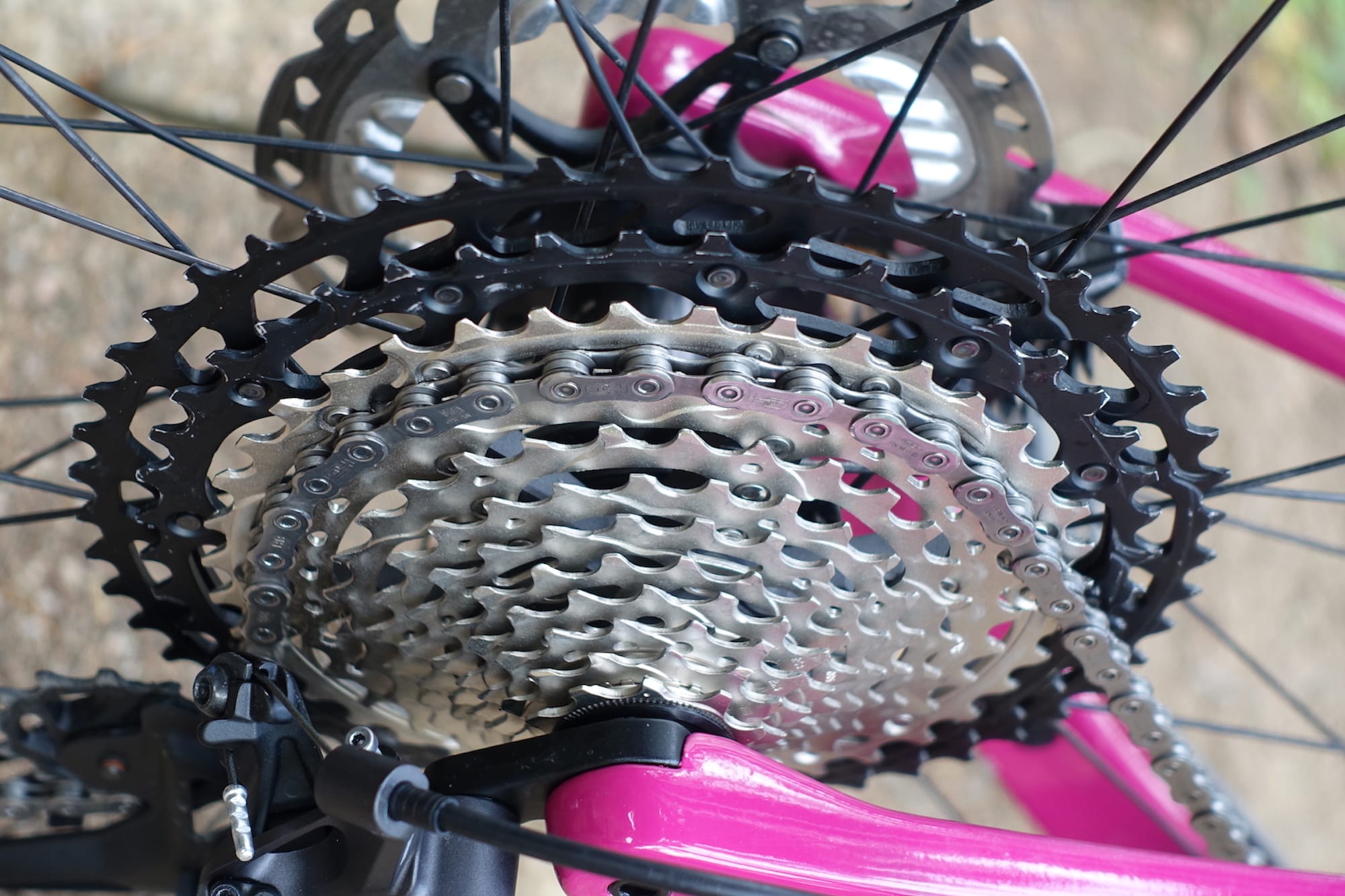
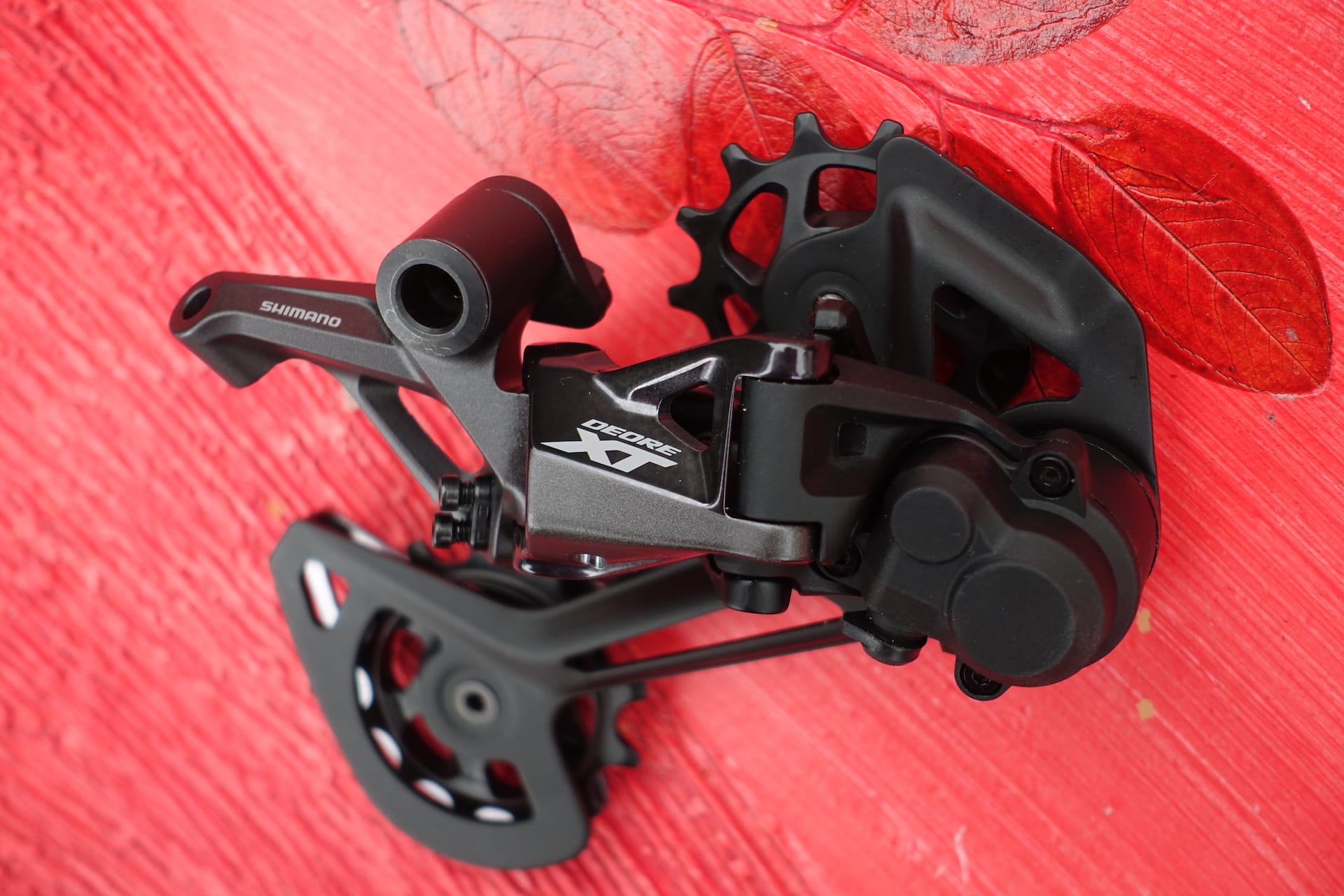
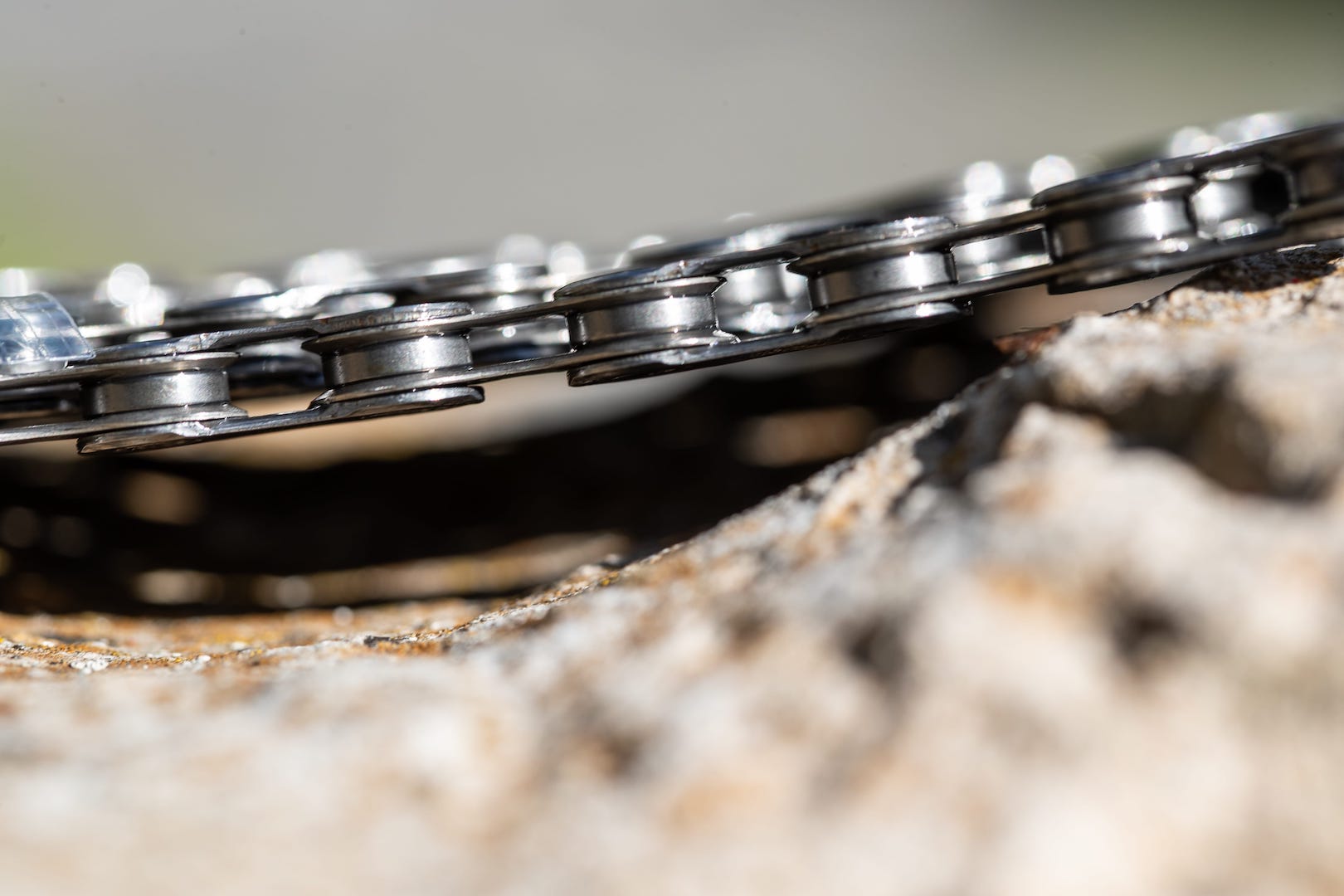

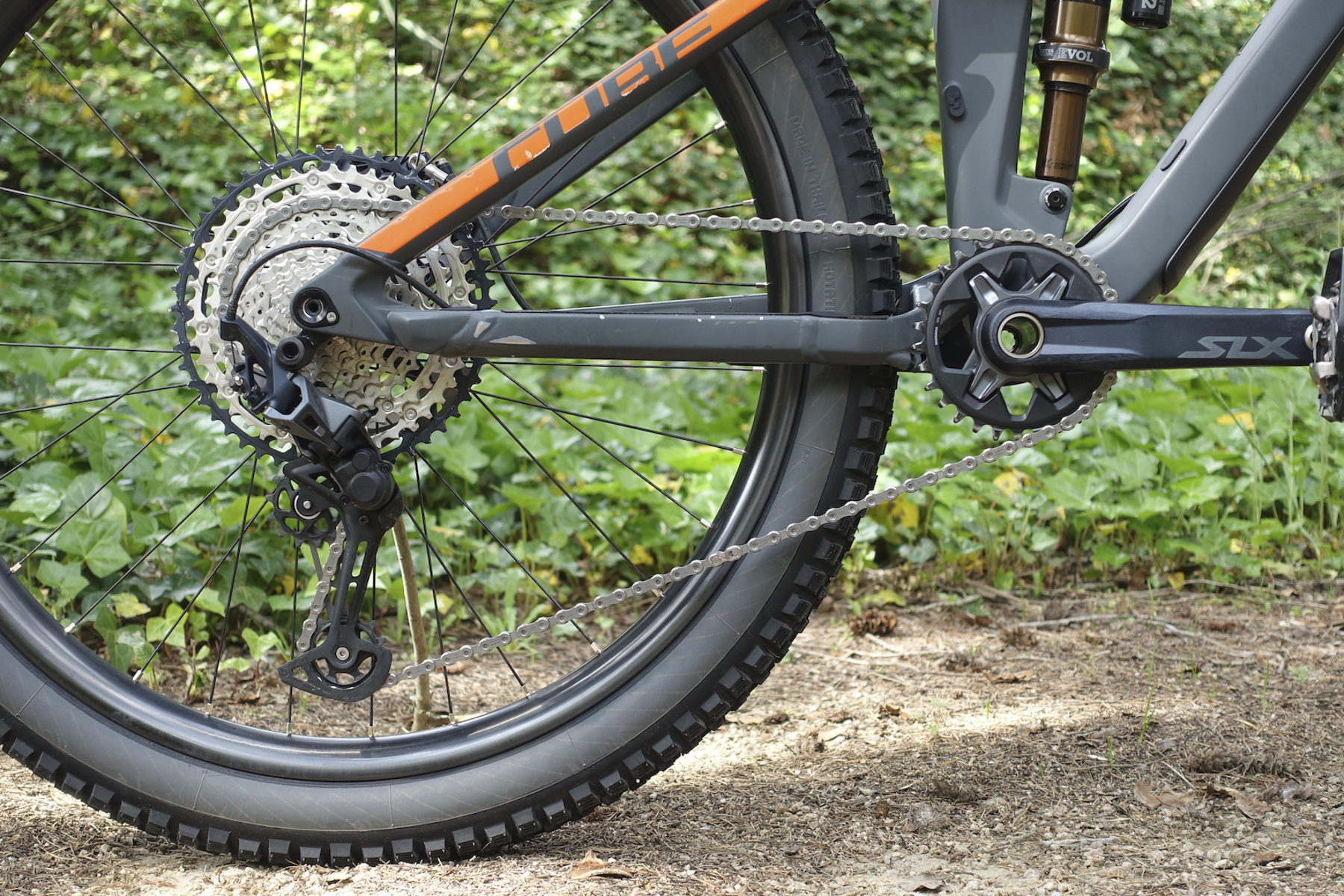
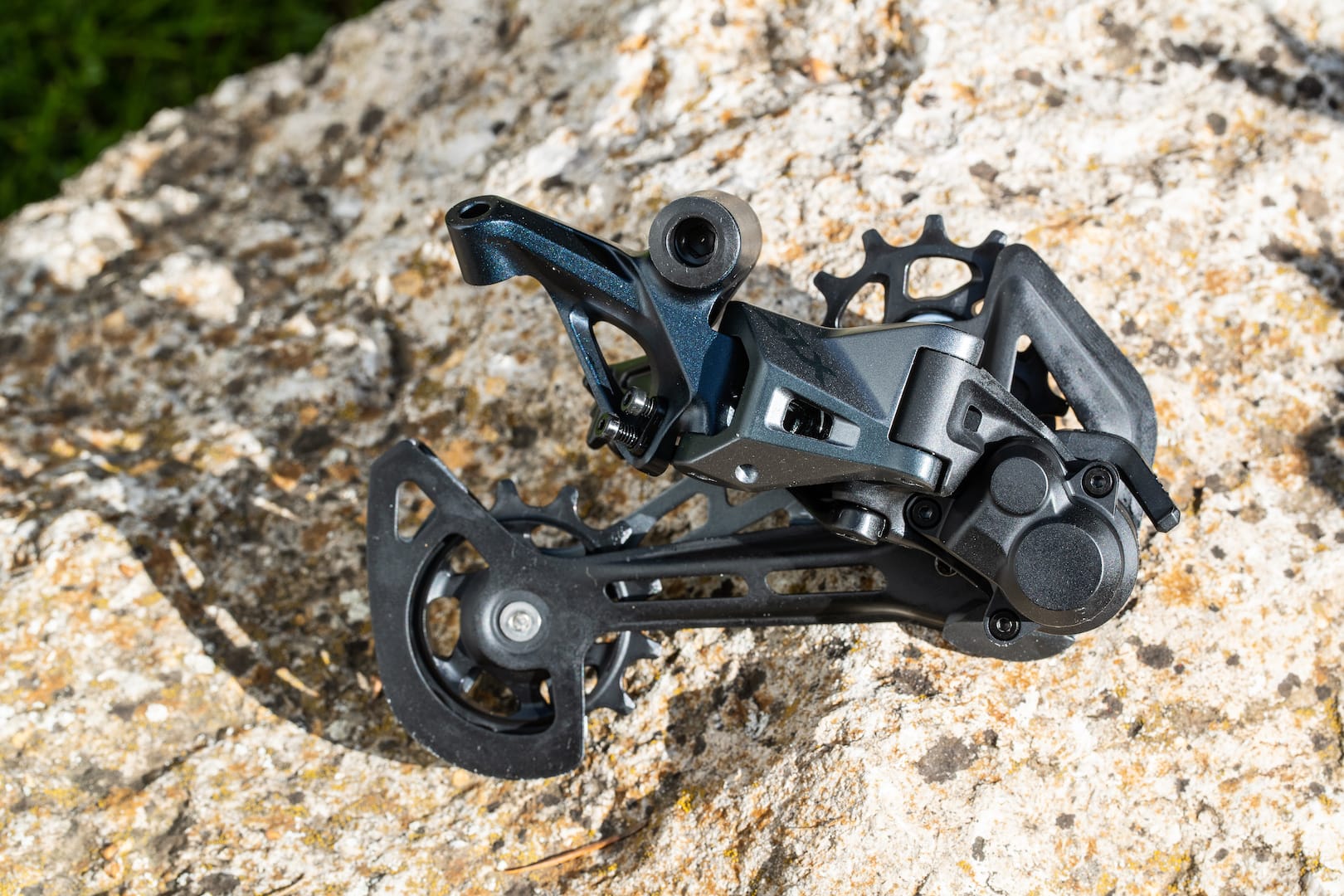
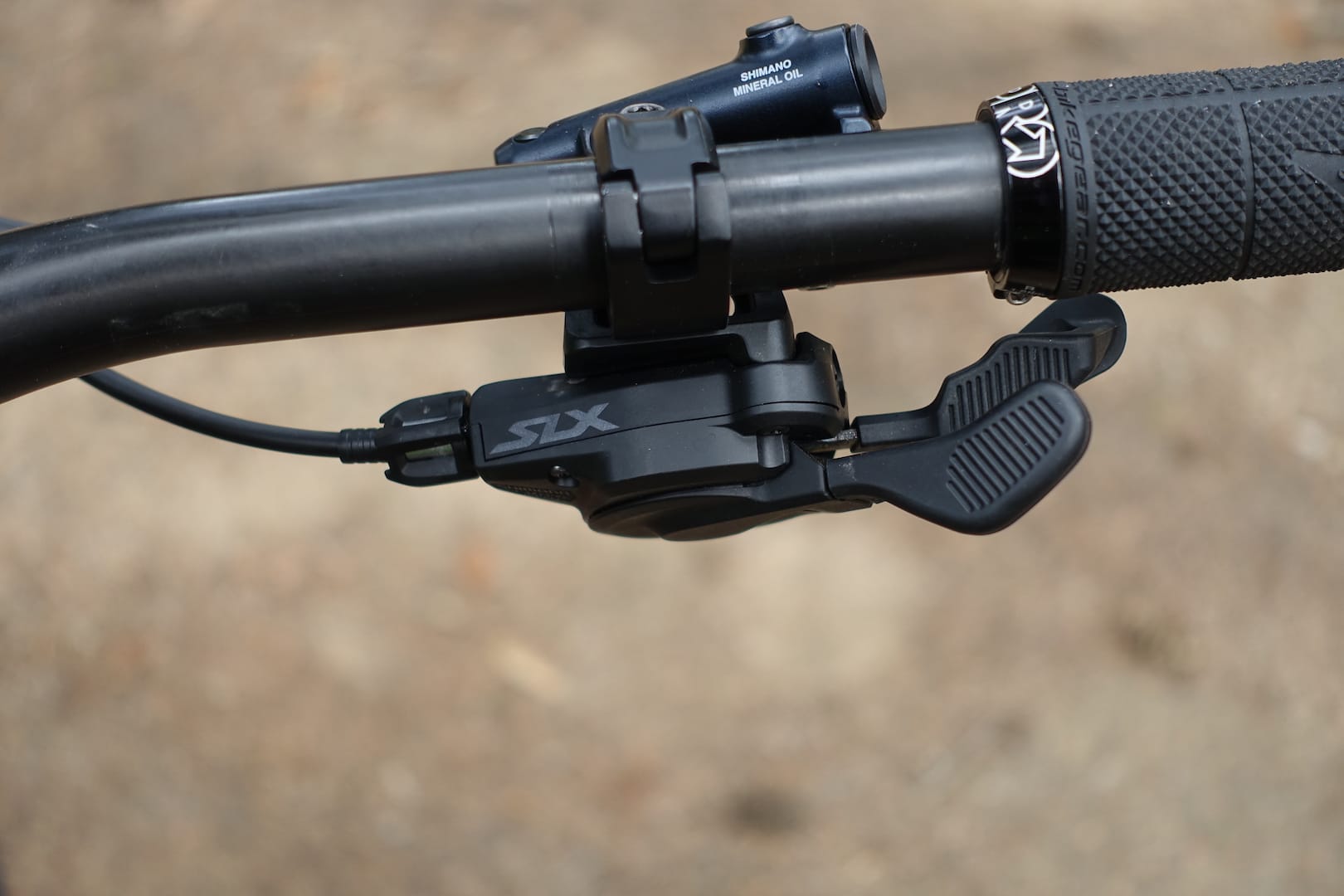
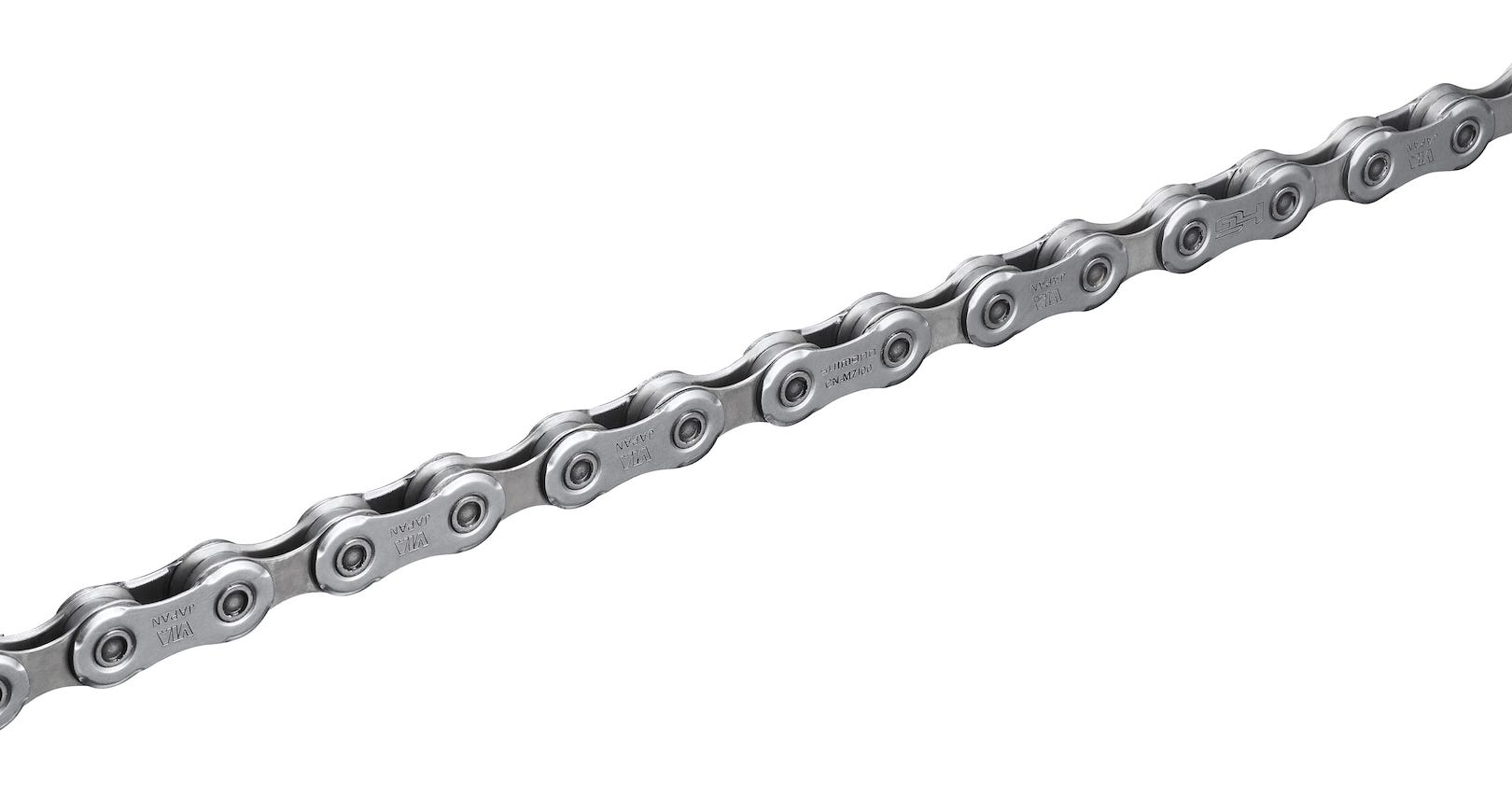
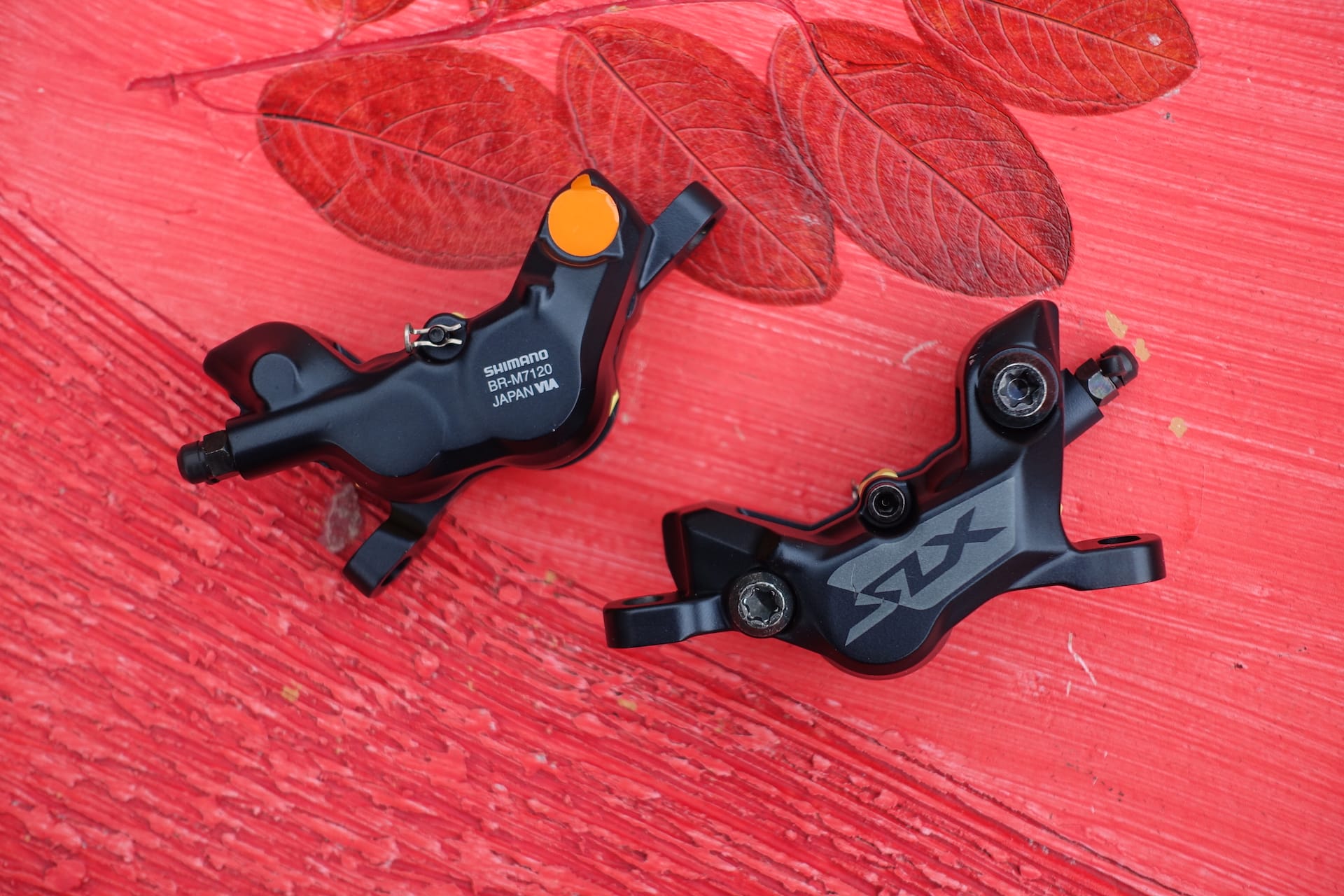
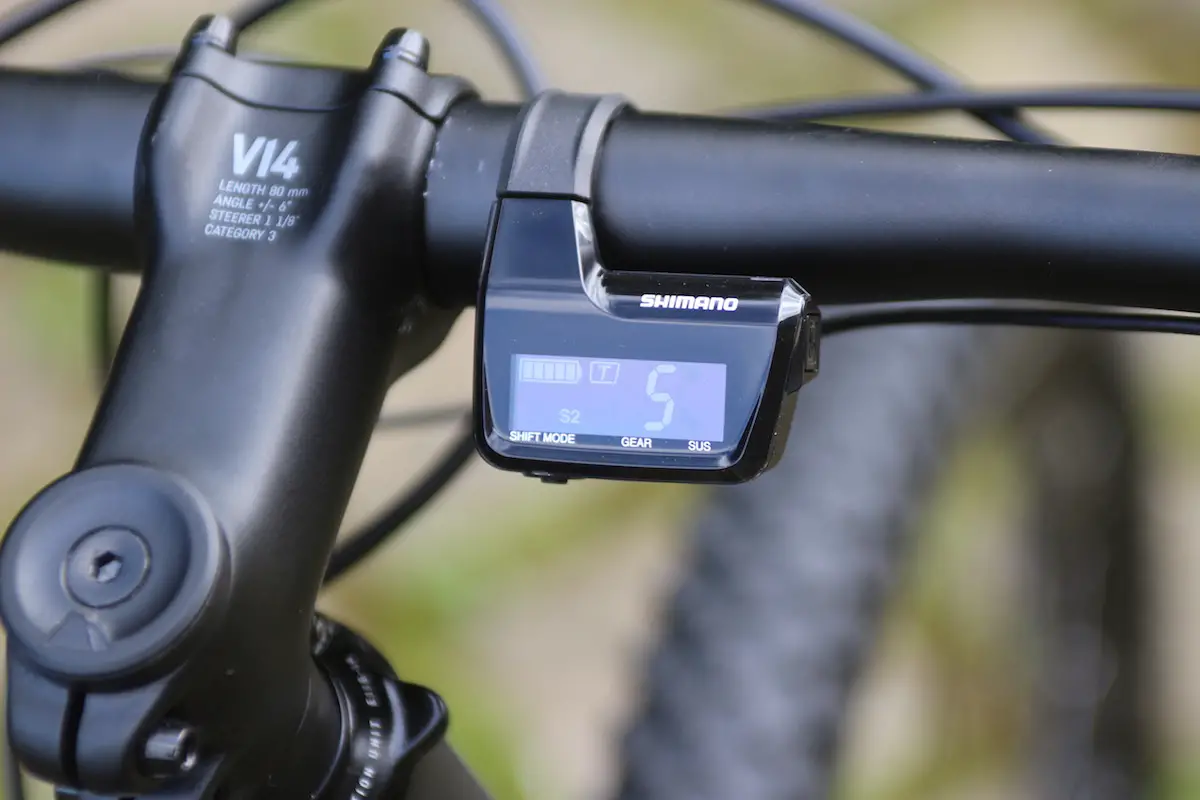
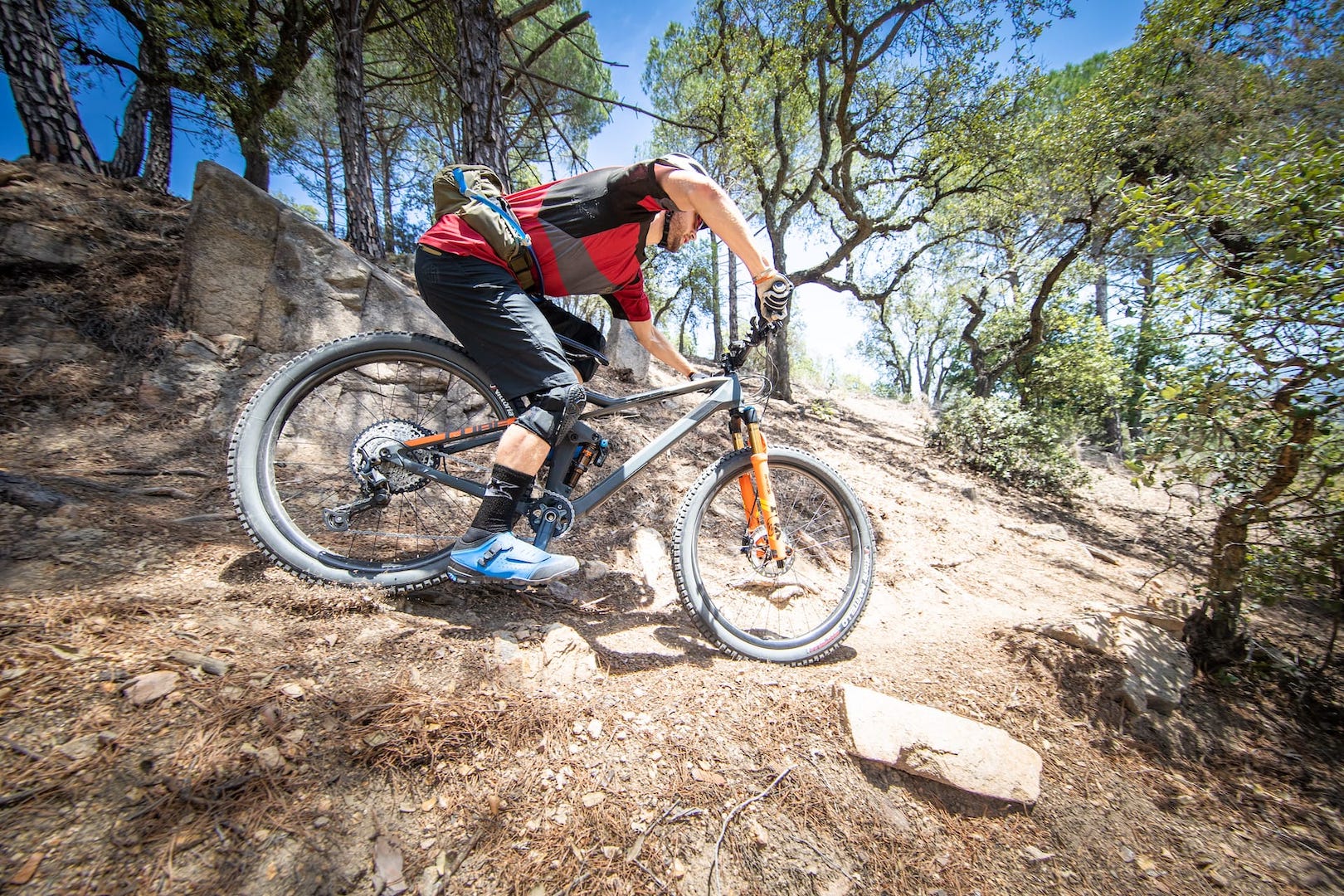

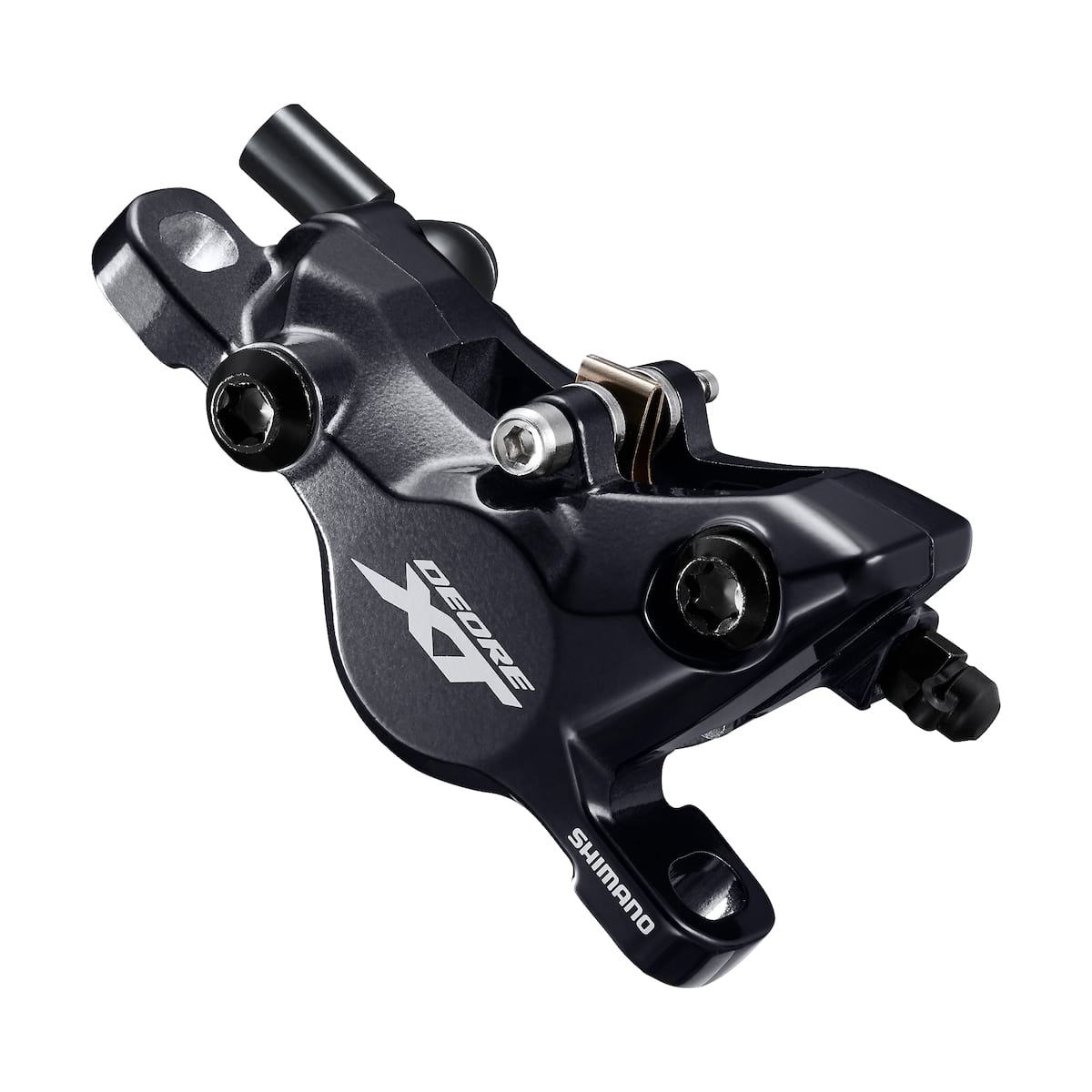


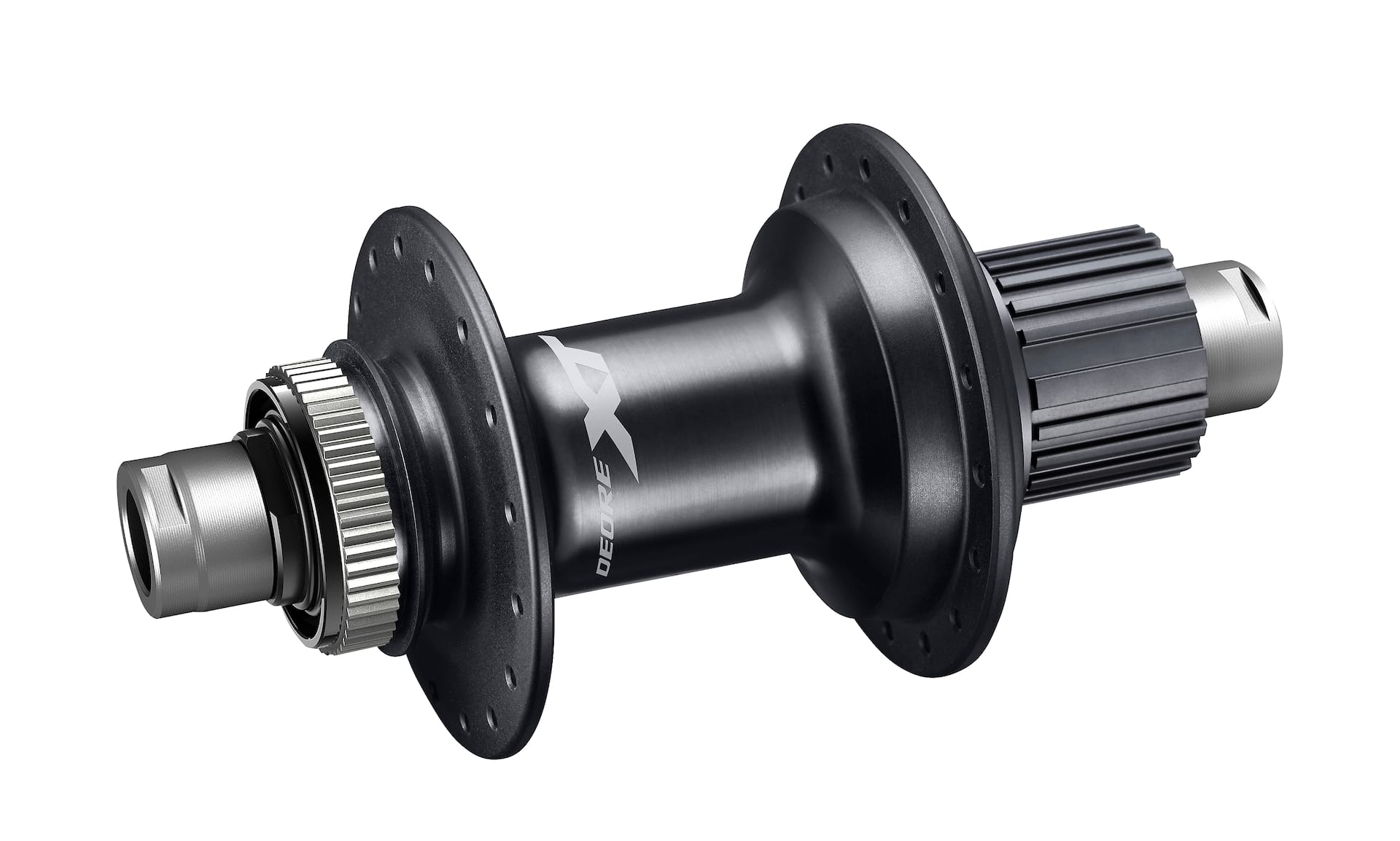
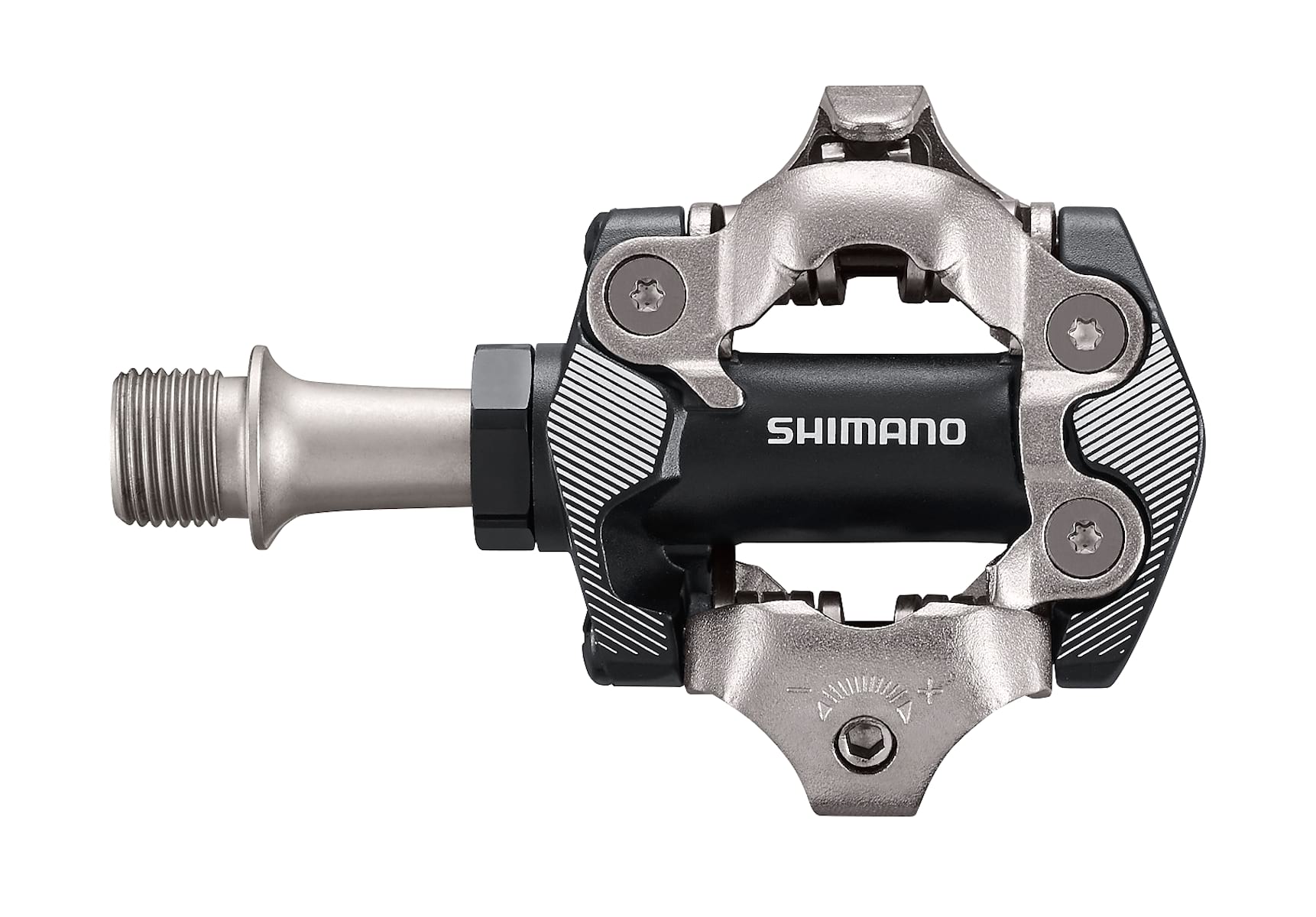
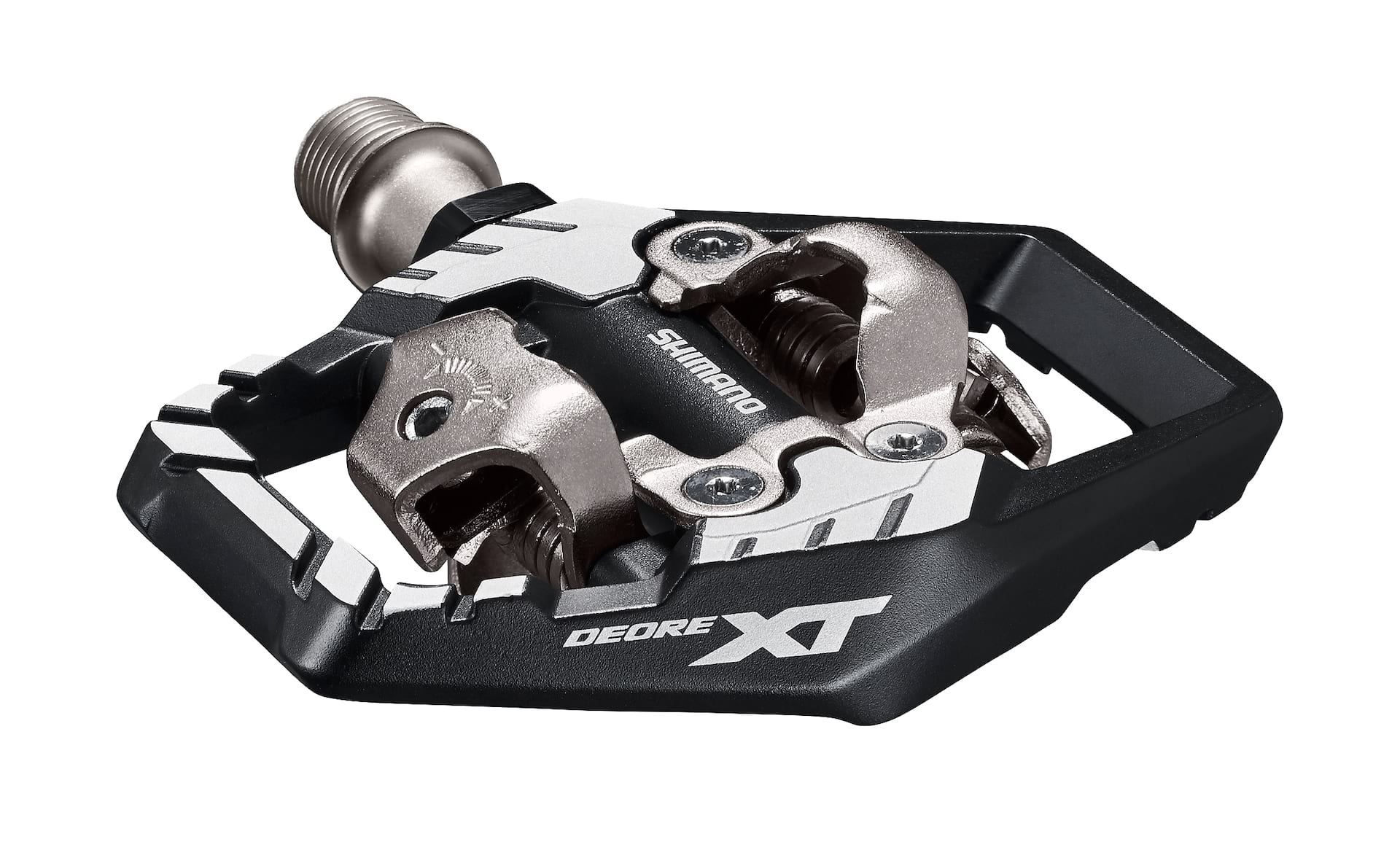
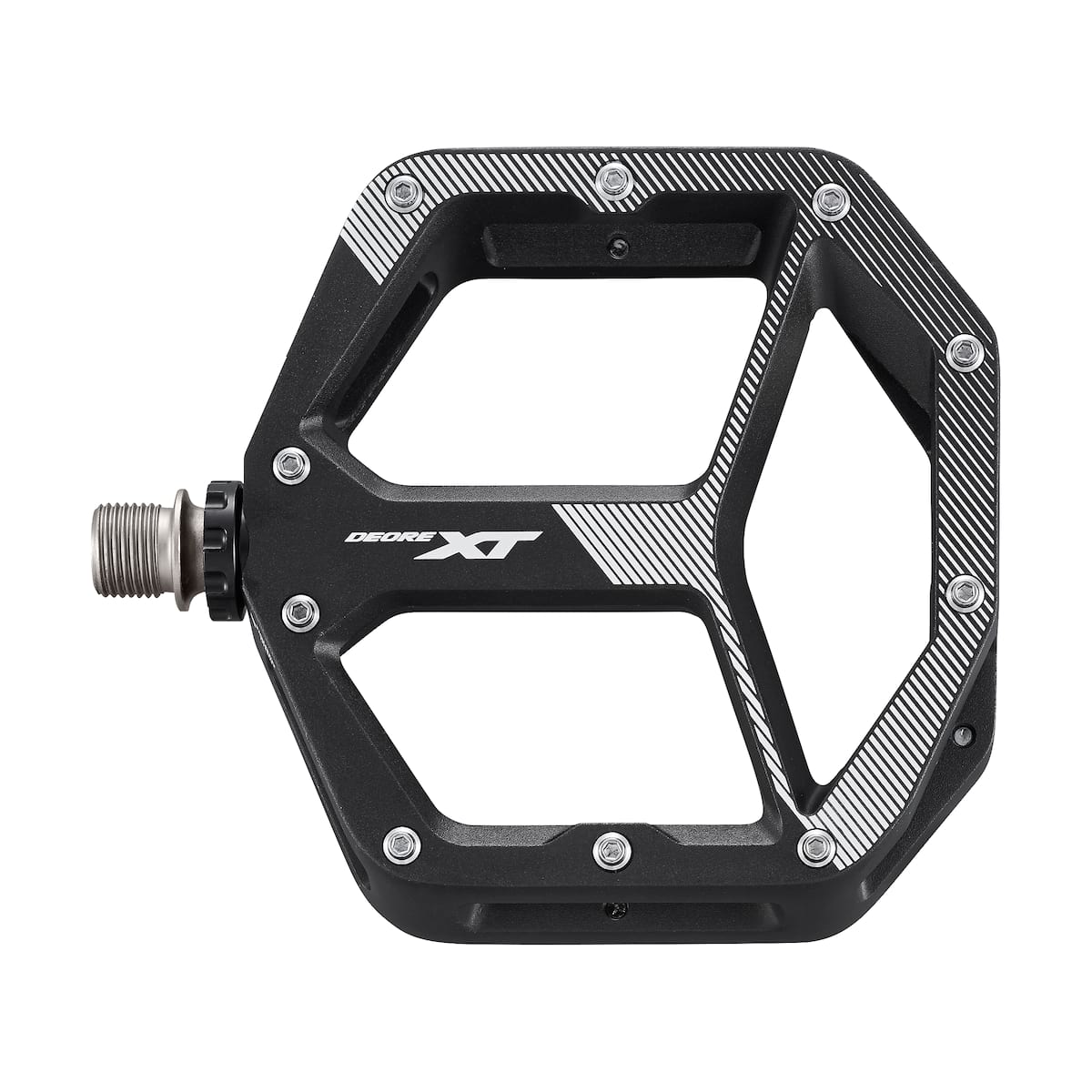
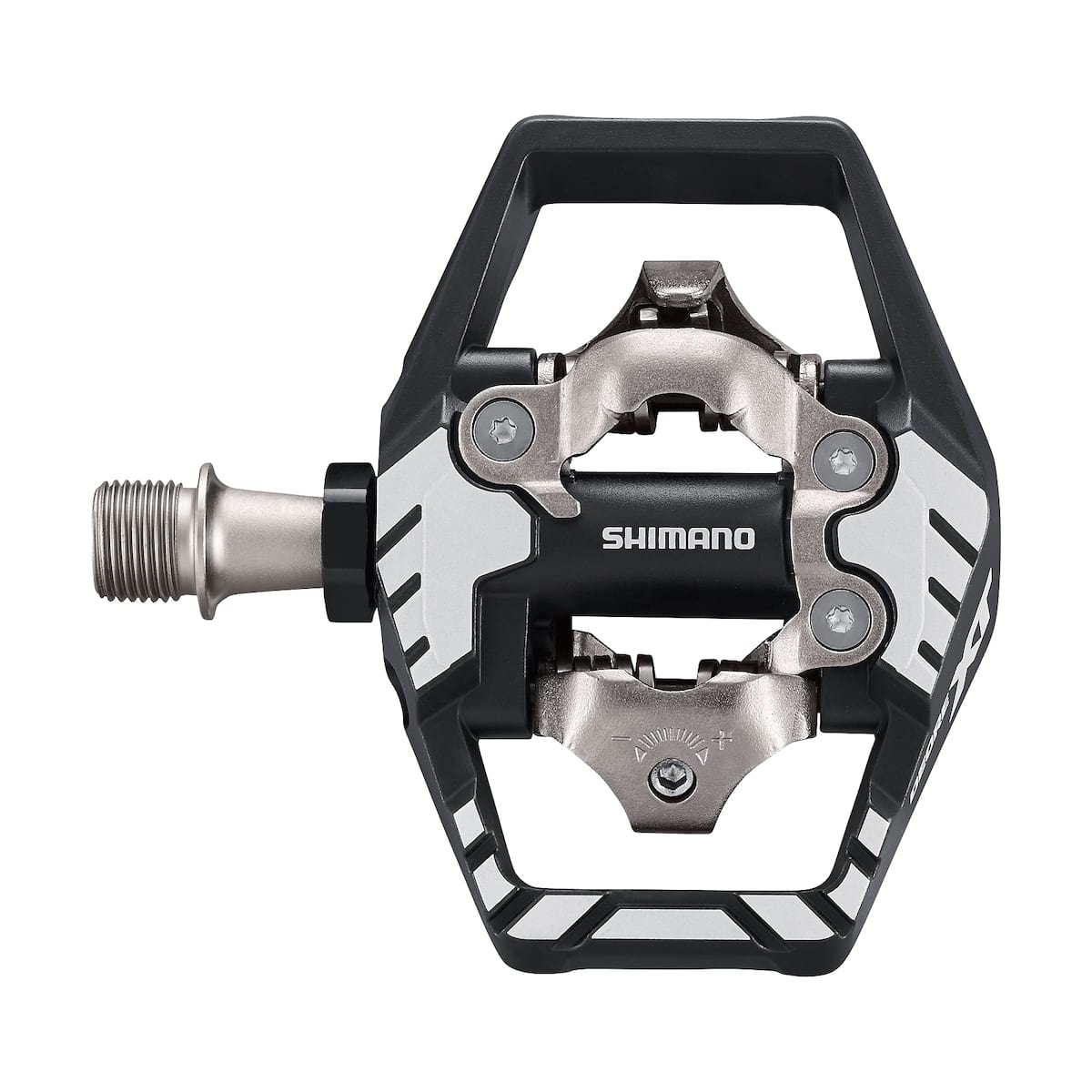




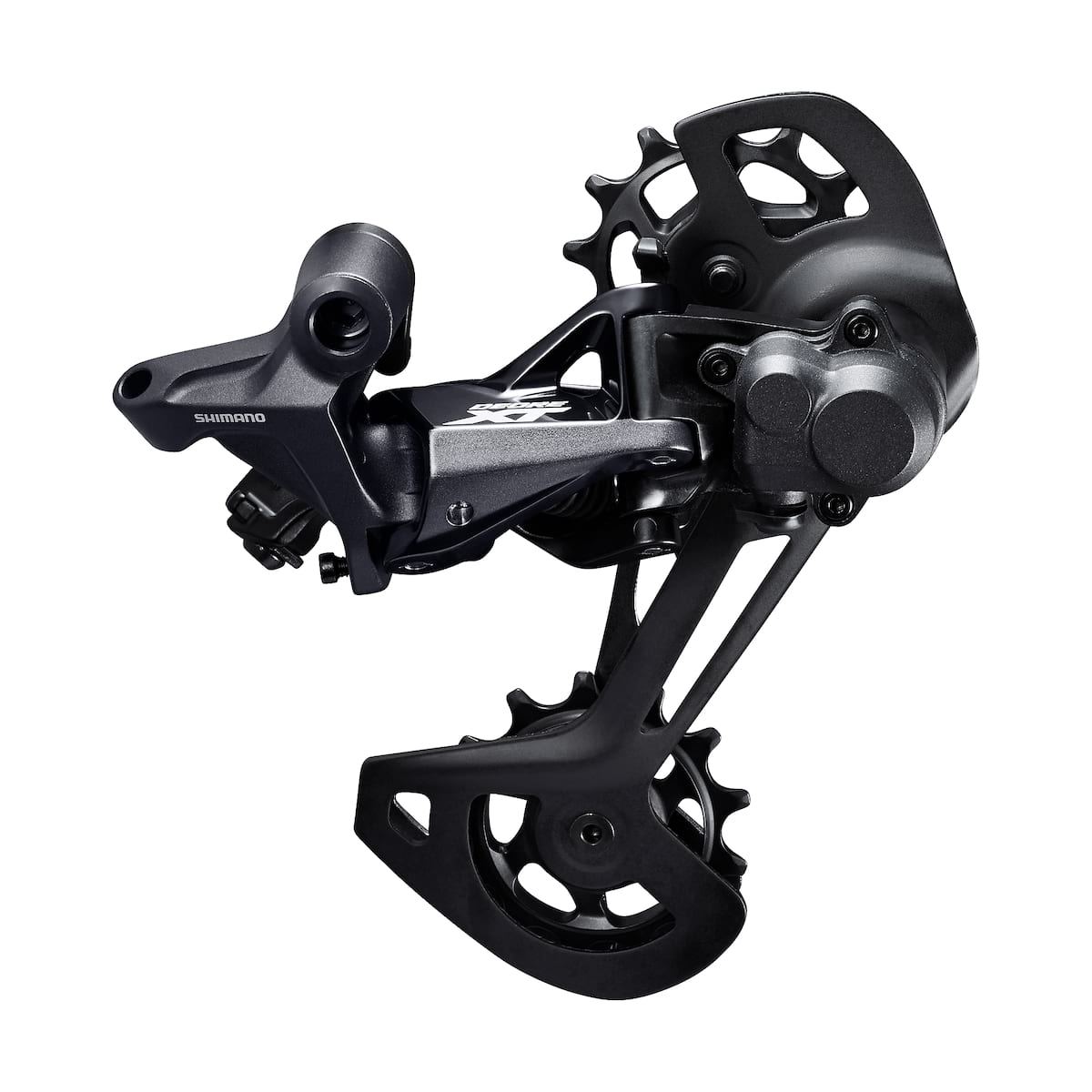


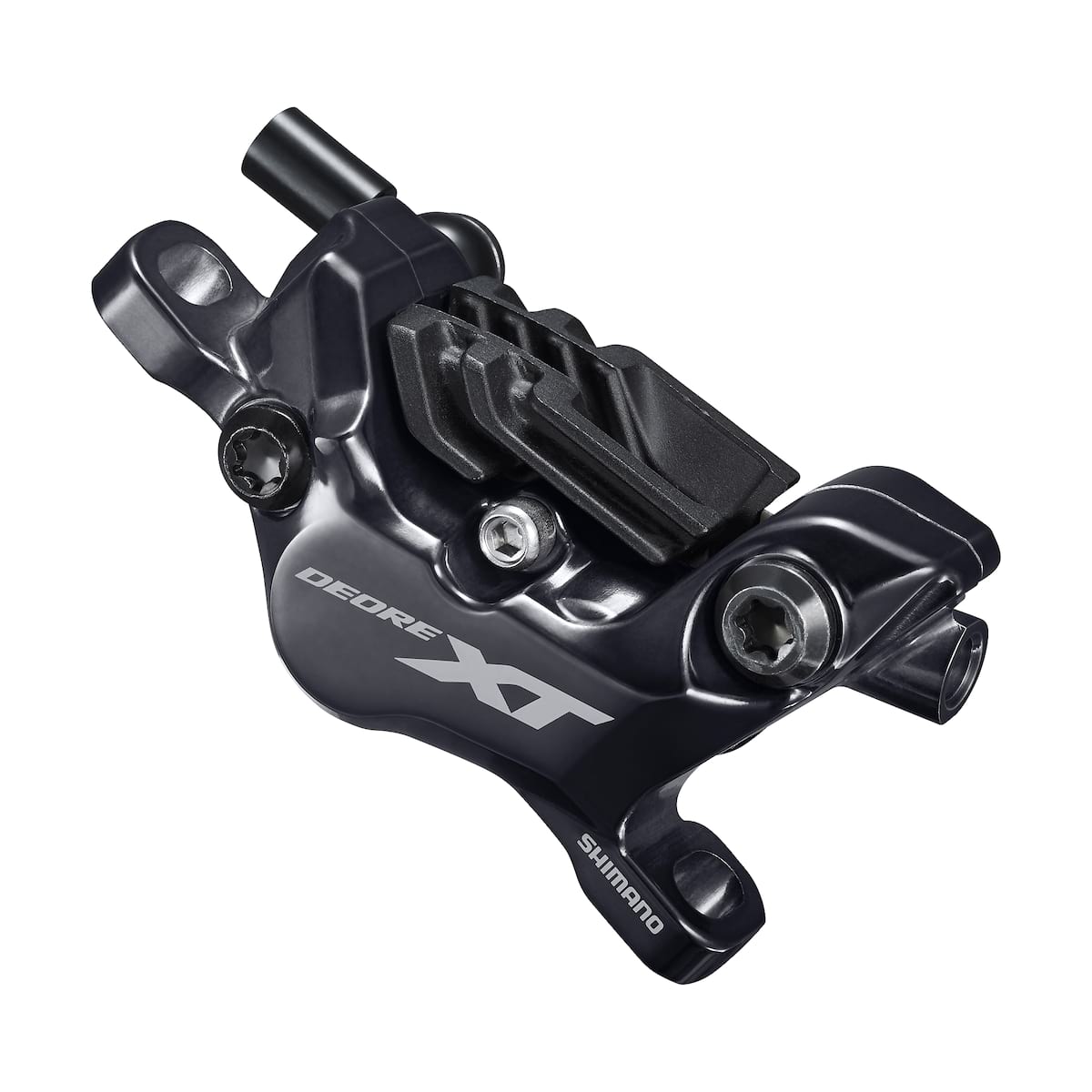

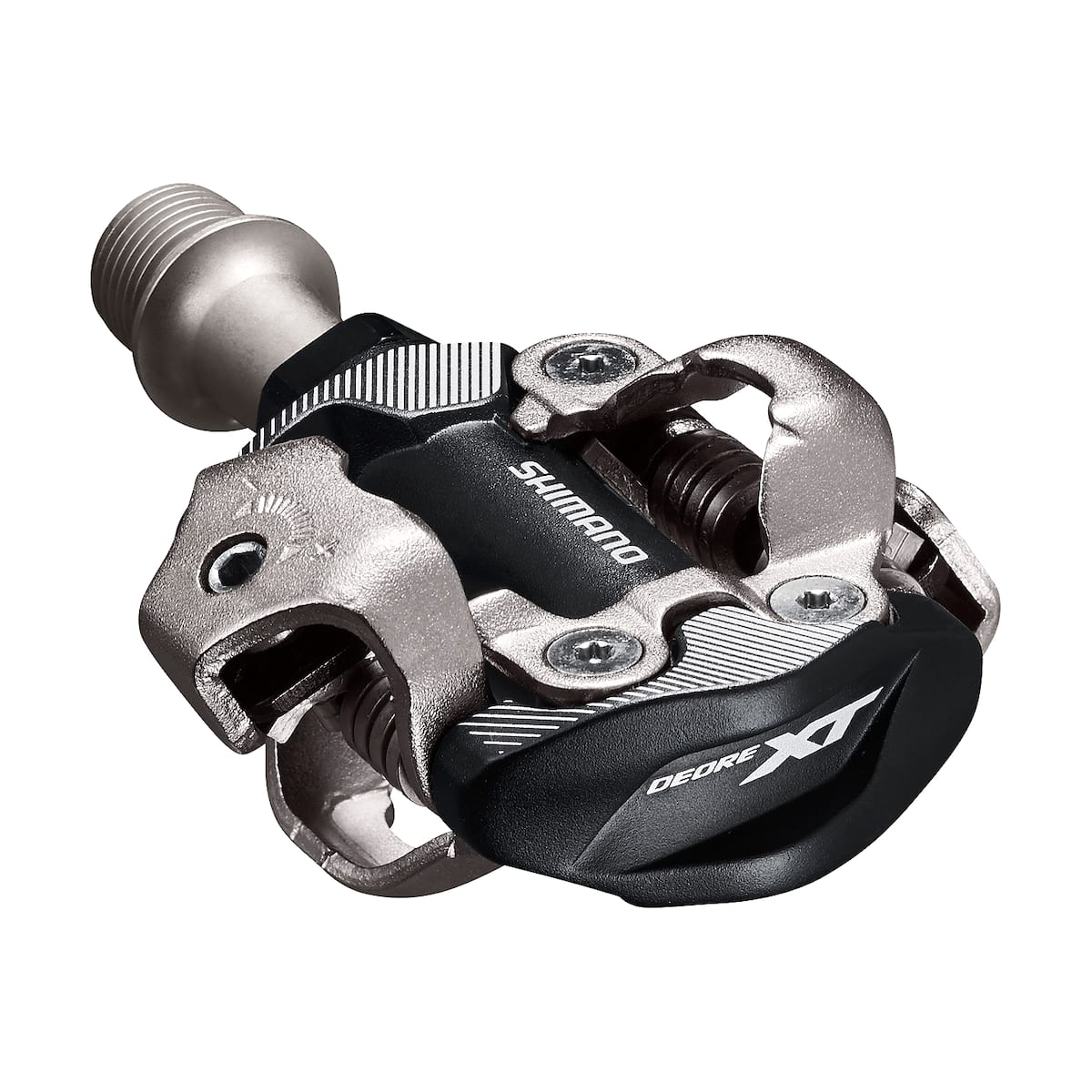
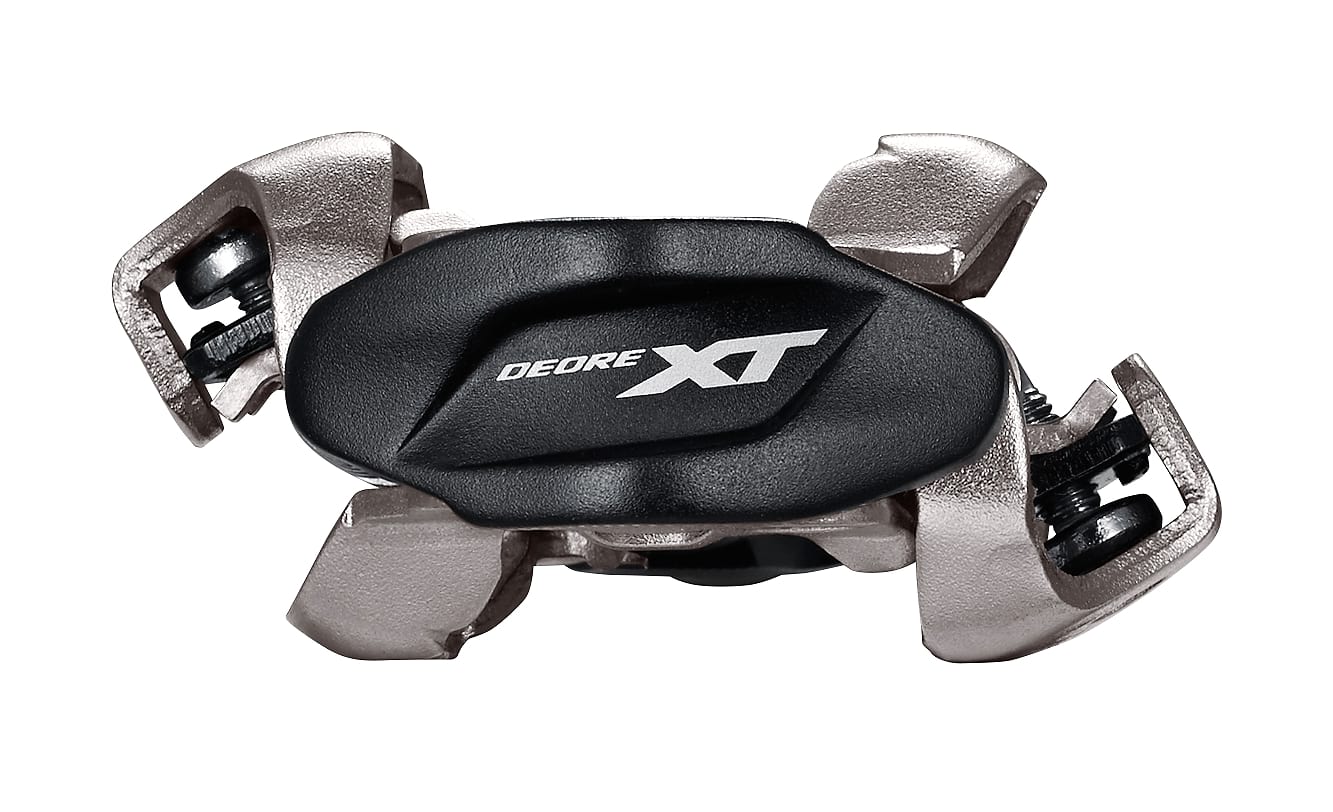
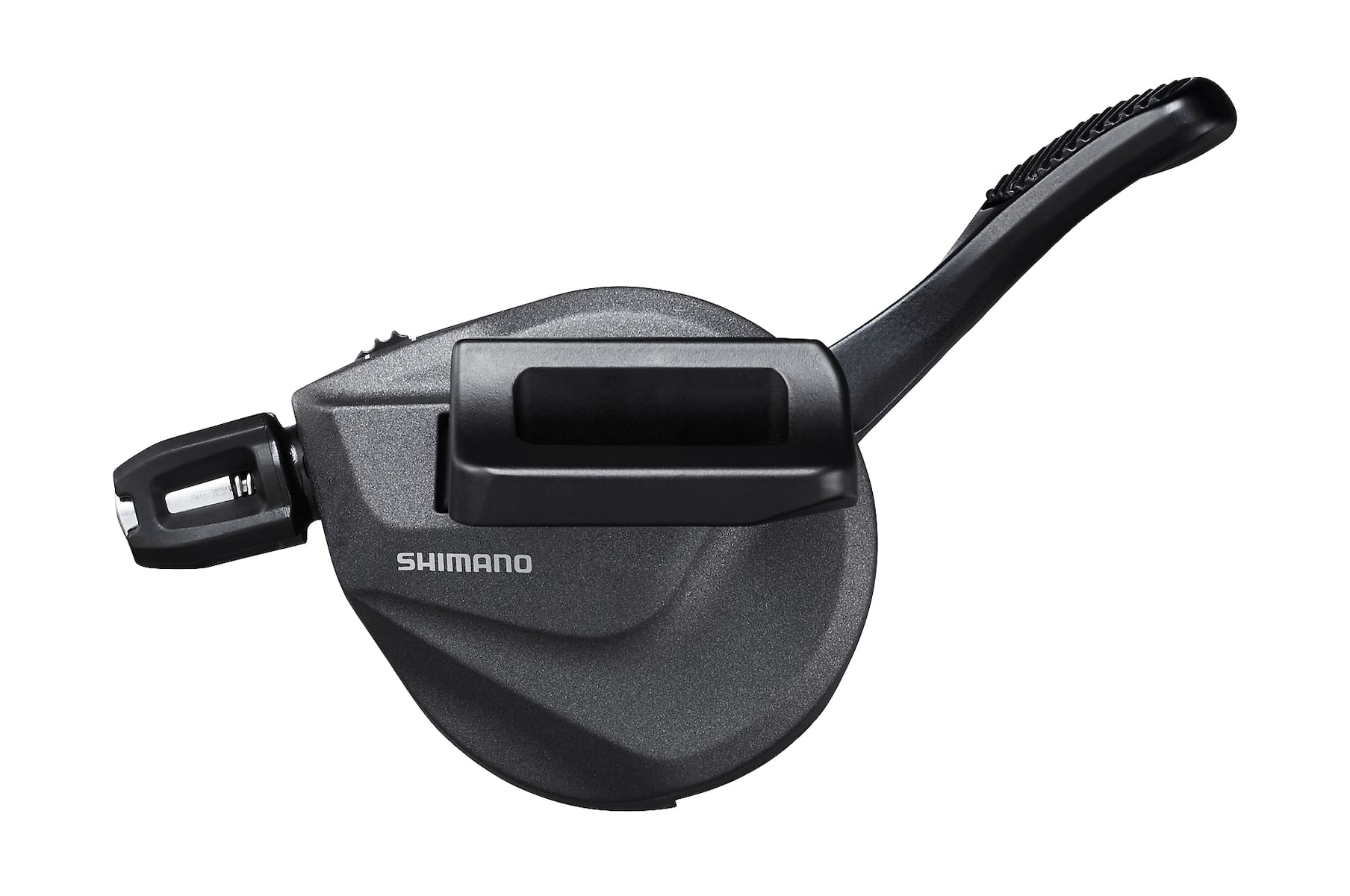
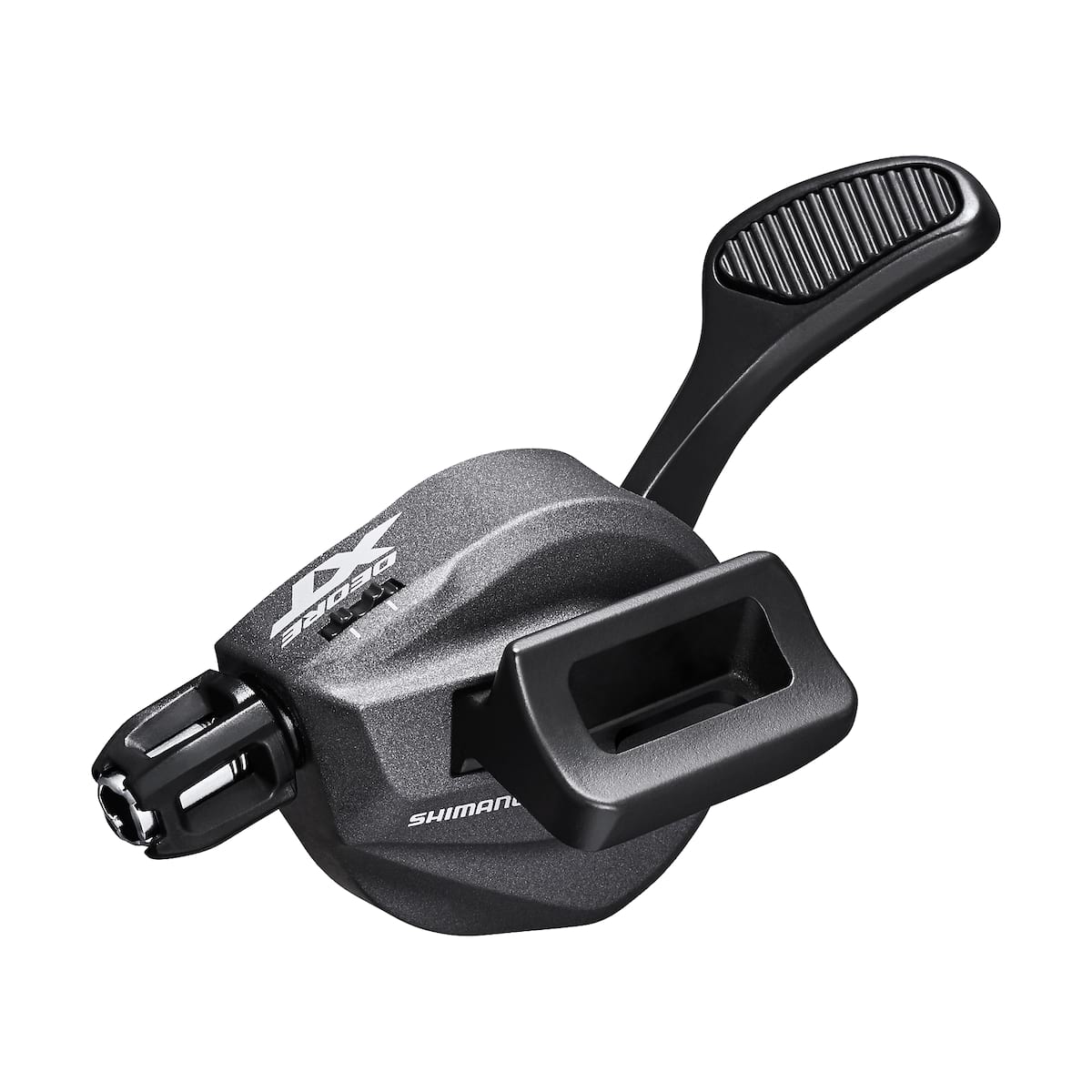
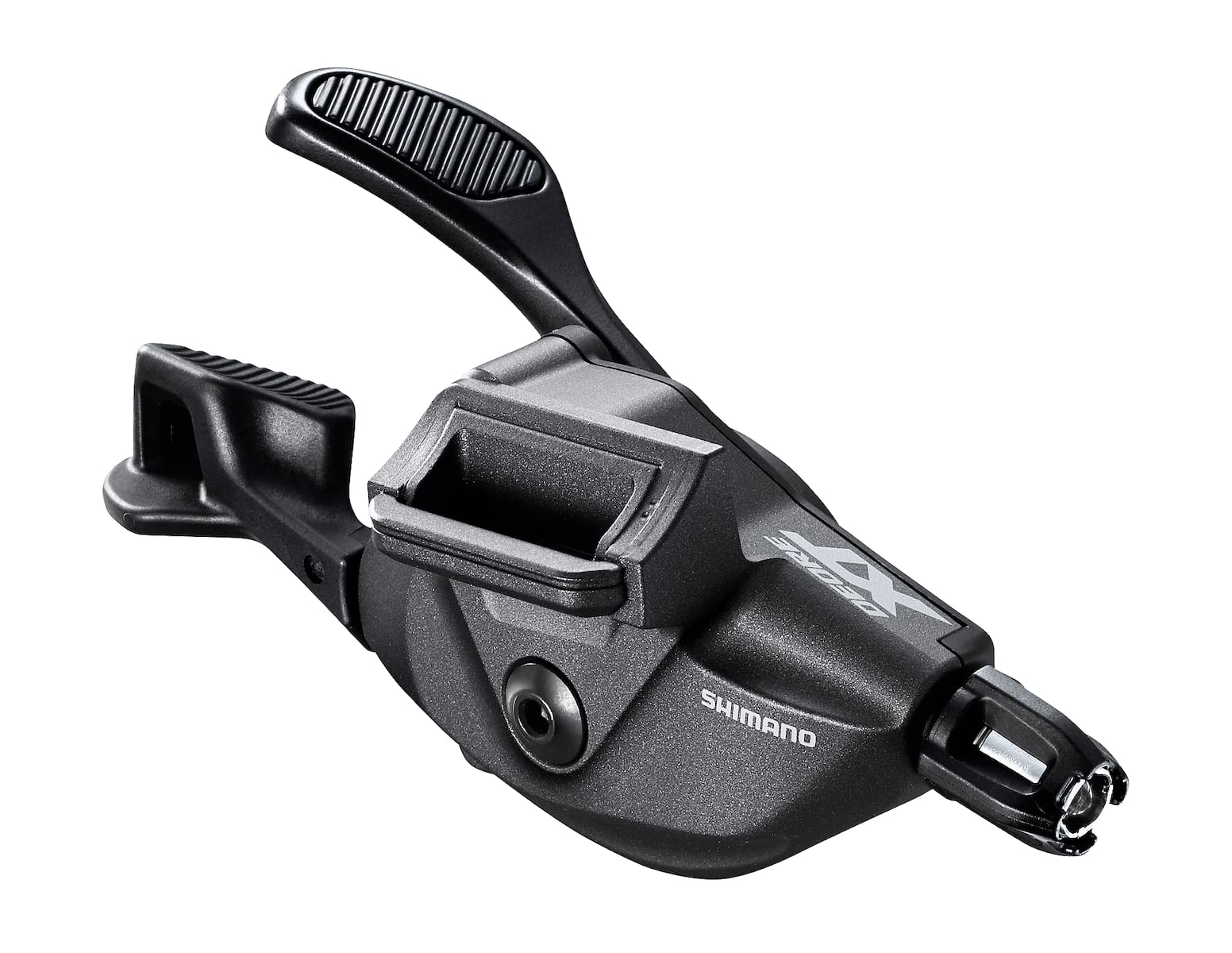

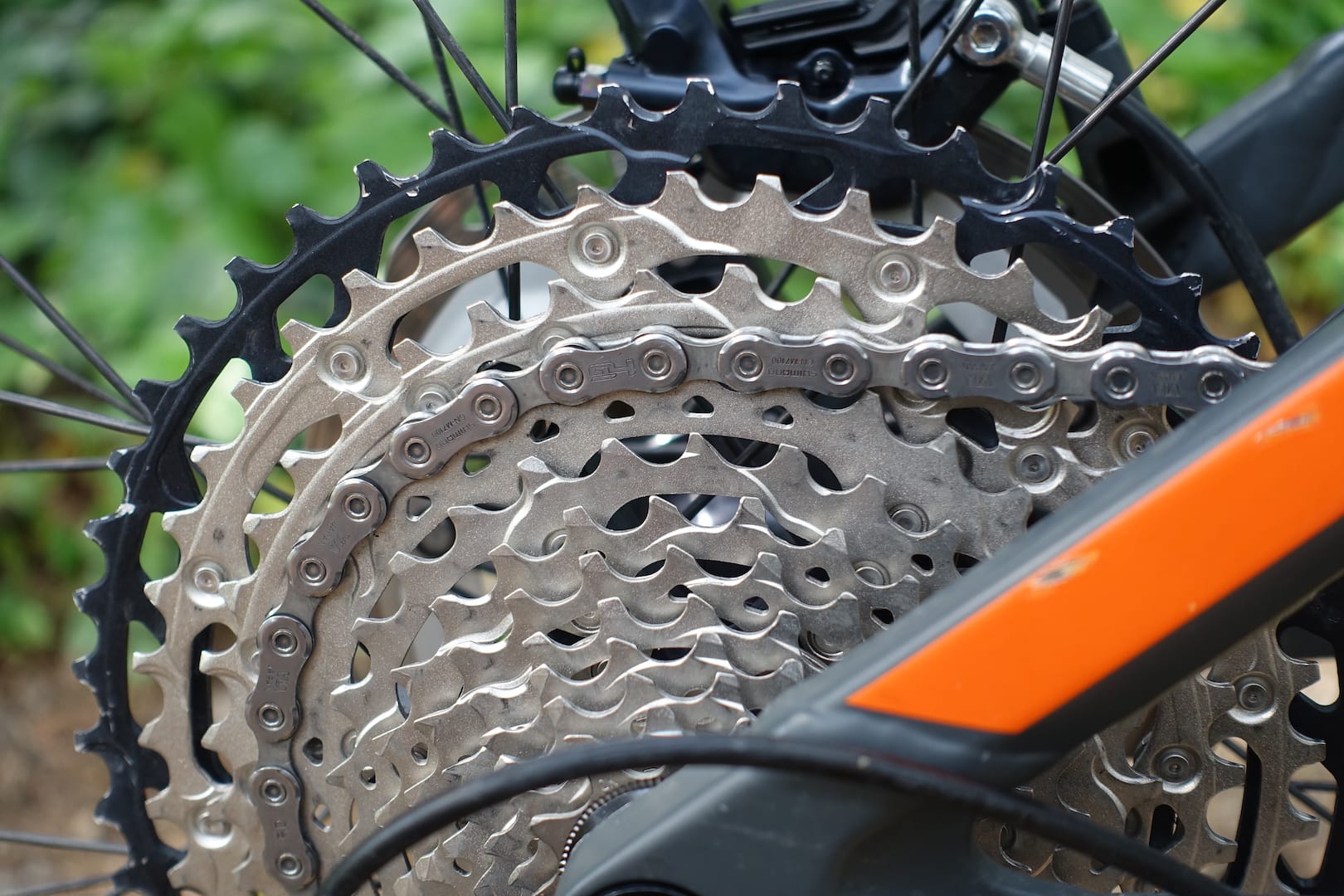
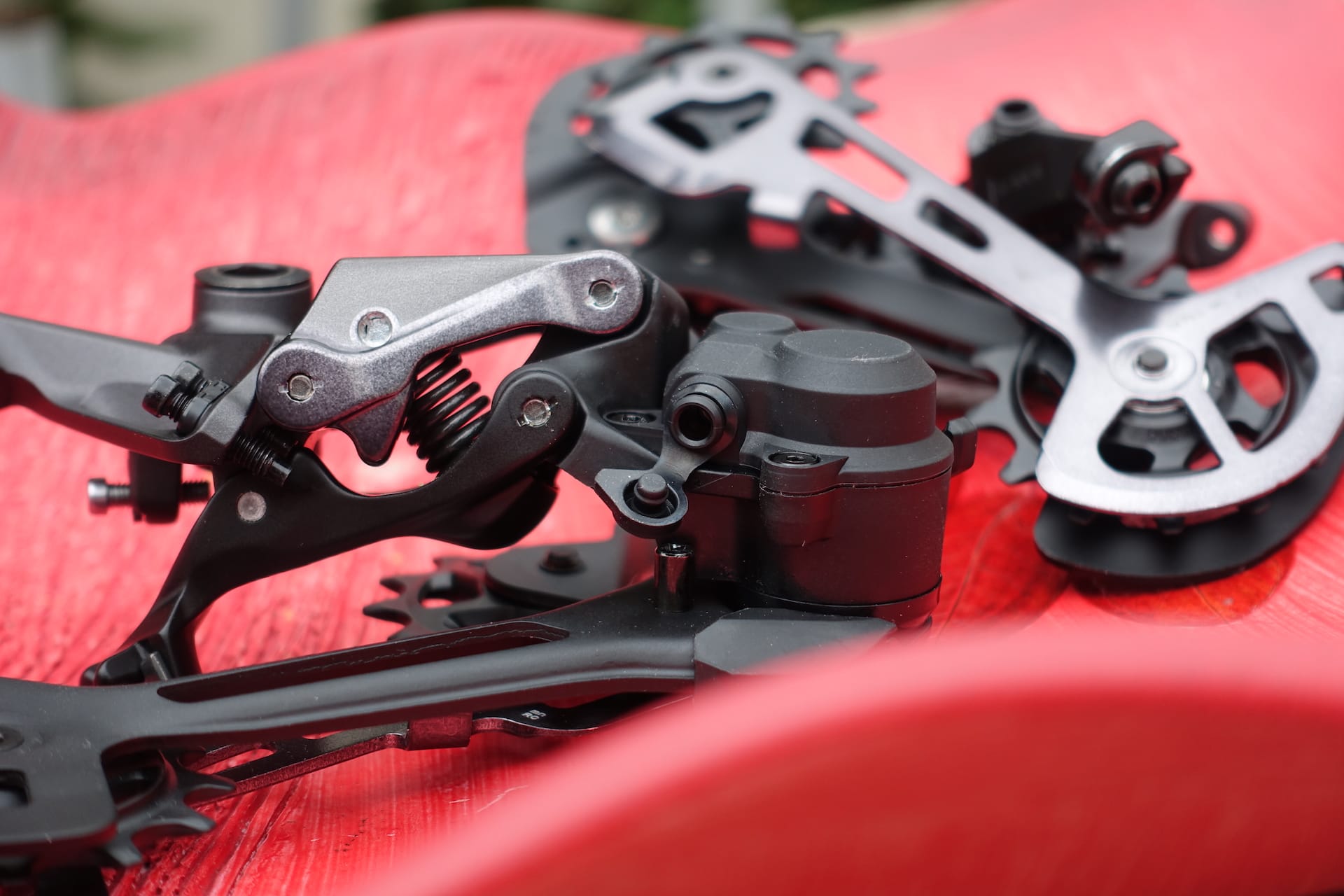
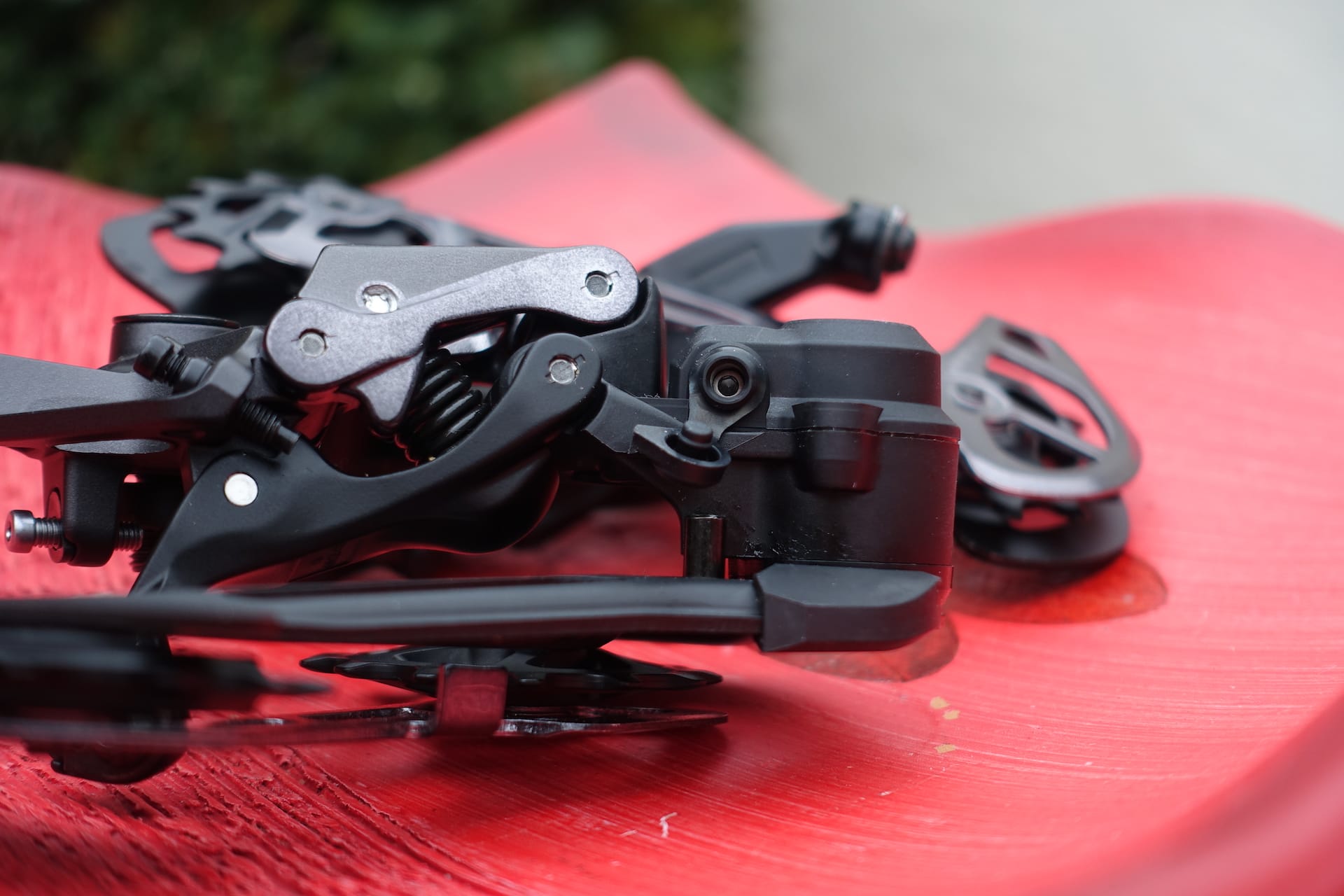
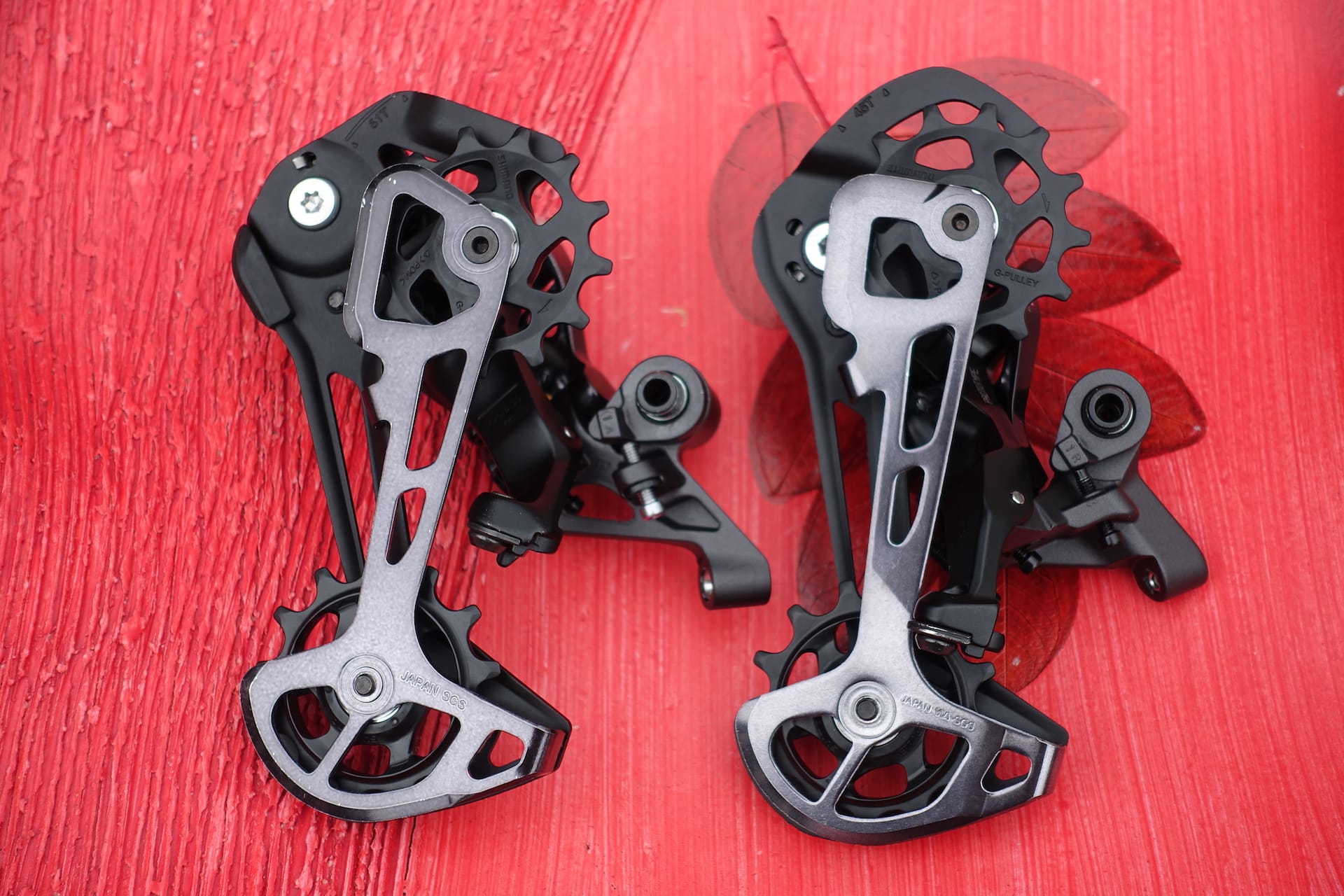
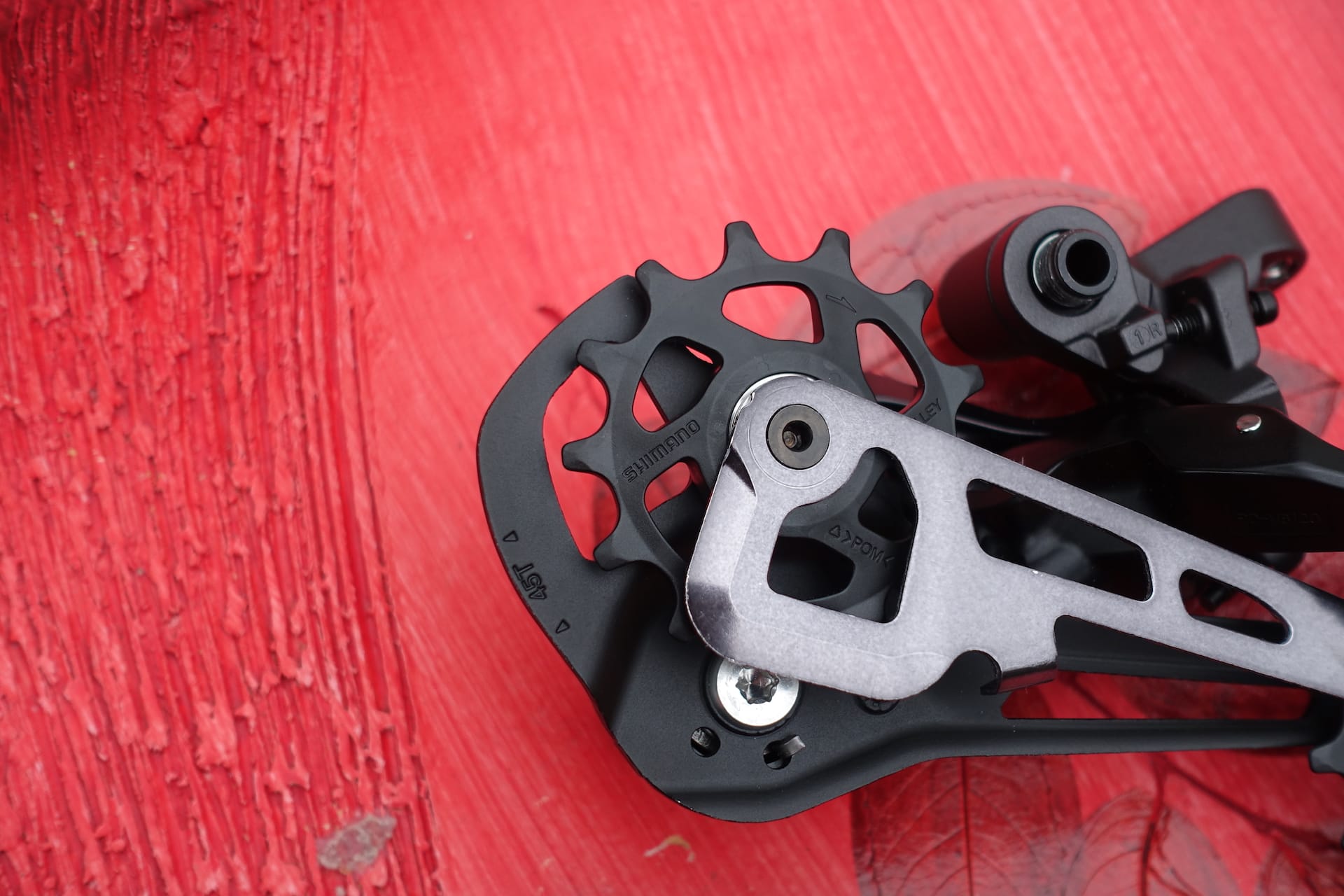
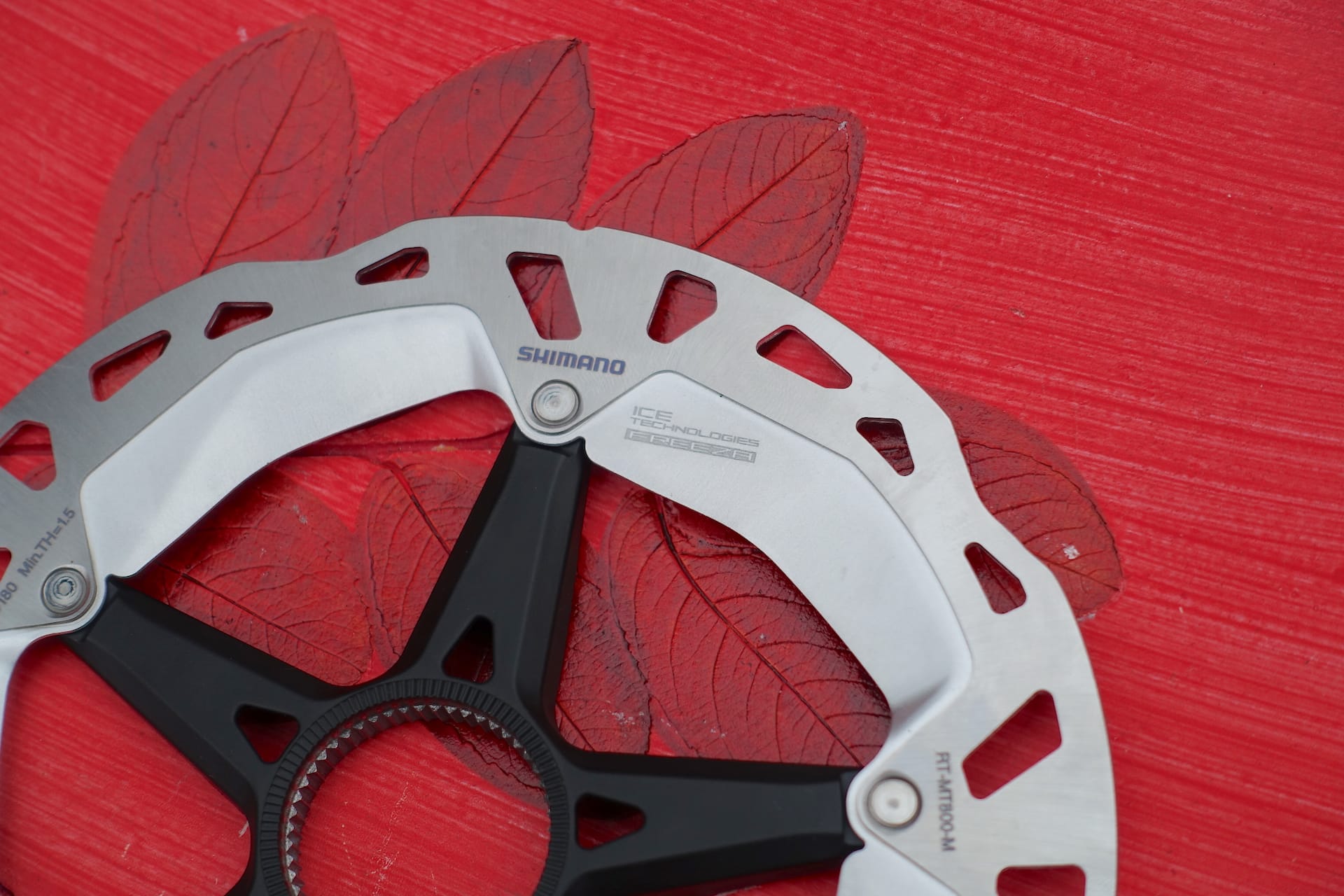
Micro-Spline? I’m oot (Pro4).
As above, until hope get a pass for the micro spline I’m out for the 12.
Can the slx rear mech be used as an Xt 11 replacement? No weird ratios that won’t play nicely
Hello, just a quick question re the rear hub, I know that the xtr rear hub runs silent no annoying clicking noise is the xt /Slx rear hub the same? please please please say yes!
Good to see Shimano finally sorting it out. It had to be micro spline after launching micro spline for XTR, or essentially commit market suicide by sticking with the old FH *again*.
I’ve knocked them for a bit now, but if they can actually get this lot in the shops without disasters then they’re properly back in the game. The close ratio 10-45’s are a particular piece of genius after the US XC market cried so hard when the 11sp M9100 cassette was cancelled.
Well done Shimano!
I’m sure it’s not something they’d have been keen to shout about, but is there any cross compatibility with SRAM eagle/12spd?
Obviously this hangs on the sprocket spacing being the same?
I’m a bit sick of just how poorly my GX eagle shifts
(I’m notholding out any hope for shifter/derailleur compatibility)
Re brake pads – my understanding was that the pad shape was the same as Saint, but the fin shape differed, so that Saint pads fit XTR 4 pot (and so XT/SLX too) but XTR/XT/SLX finned pads won’t fit Saint?
Presumably loads of people will run shimano shifters and mech’ with either a sunrace cassette on an hg hub or a sram cassette as xd hub. Or am I missing something?
Lovely, but I want Hope to get Microspline so I can have nice wheels!
Seems a pity that Shimano haven’t also got a 12-speed cassette to fit existing hubs – after all, all they lose is the ability to go down to a 10-tooth cog.
However, if spacing is the same as SRAM then the NX cassette becomes an option.
Does anyone know if the spacing is the same?
@james – run a 12 Speed XTR Shifter (switch set to 11 speed) and XTR Rear Mech with 11 Speed SRAM XG 10-42 Cassette on XD freehub just fine (with 178 Boost Q factor), wouldn’t know any different. Just would like the 10-45 range on 12 speed that comes with microspline, 50t cassette is too big for me.